Meet the partners

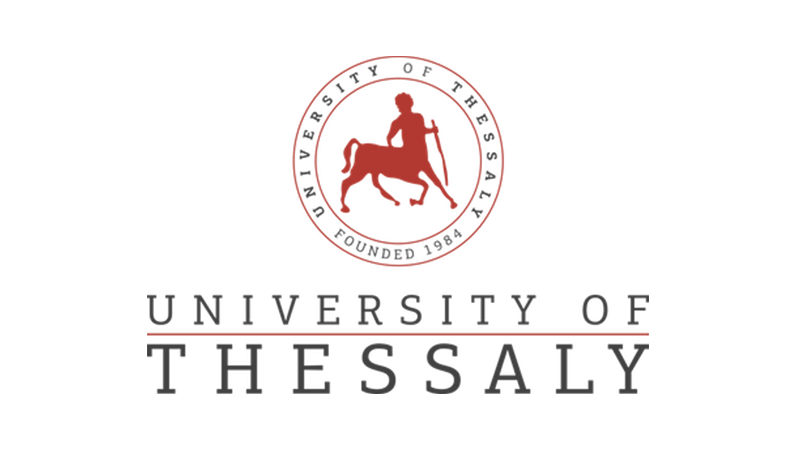
University of Thessaly (UTH)
Description: The University of Thessaly is a public University located in the region of Thessaly, in the city of Volos. High quality research is conducted at the University of Thessaly and is a leading active institute with its several departments having a long history of participating in many EU and internationally funded projects. The UTH research team has worked in a wide range of topics related to water, such as water resources management, ICT and water, hydroinformatics, environmental, ecological and nexus informatics, eutrophication, ecological modelling, etc. Simulation of water systems, optimization of management schemes, Decision Support Systems, assessment of the Water-Energy-Food-Climate-Land Nexus are some of the core research areas at UTH. Recently, the Civil Engineering Department has been successful in various national and European projects, including a first prize at the EUvsVirus Hackathon; it is a member of Water Europe and active in the ICT4WATER cluster and the Nexus Project Cluster.

- Contact person: Chrysi Laspidou laspidou@uth.gr
- Website: www.civ.uth.gr
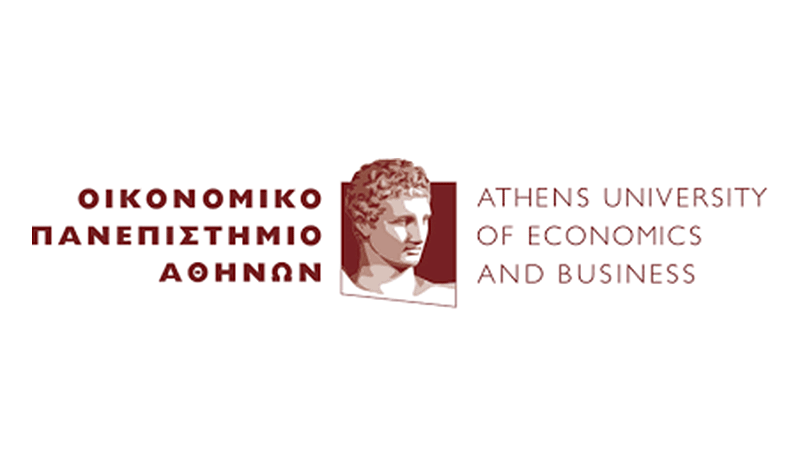
Athens University of Economics and Business (AUEB-RC-RC)
Description: Athens University of Economics and Business (AUEB-RC) was founded in 1920. It is considered one of the most competitive universities, at the European level, in the fields of Economics, Business Administration, Informatics, Statistics, Marketing, Accounting and Finance. Nearly a century after its establishment, AUEB-RC continues to transmit knowledge in the scientific fields it fosters, to promote effective and innovative management practices,
and to contribute to the development of the Greek and the international community, with a view towards the balance between excellence and social contribution. Athens University of Economics and Business: Is the third oldest University in Greece and the oldest in the fields of Economics and Business Administration. Is comprised of eight academic Departments, each of which offers a four year Undergraduate Program with different areas of specialization, a wide range of part and full-time Postgraduate Programs, as well as internationally acclaimed Doctoral Programs. Has a total of 11,000 students, of which 9,000 are undergraduates, 1,700 are enrolled in Master’s programs and 300 are doctoral candidates, all of whom were accepted following demanding examinations and rigorous evaluation of applications. Has a dynamic, 210 member teaching staff which is internationally recognized for its teaching and research contribution, and 50 visiting and adjunct professors. Has 26,000 graduates who are successful in various areas of the Greek economy. Hosts 25 research laboratories, which annually administer an average of 200 funded programs in the areas of Economic Science, Management, Informatics, Statistics, and others. Has one of the largest ratio of Erasmus students with respect to its active student population, in Europe. Organizes a host of pioneering and sociallyresponsible activities which reflect the outward-looking orientation and social contribution of the University. These include programs of corporate social responsibility and training for business executives. Is the first public University in Greece that received the distinction of Excellence, according to the internationally accepted EFQM (European Foundation of Quality Management) Excellence Model. At the same time that AUEB-RC received the European distinction, it also received the corresponding “Ever to Excel” Greek one. According to international rankings and external evaluations, Athens University of Economics and Business is the top institution among Greek Universities and Research Centers and in the top 2% of European Union Institutions in the field of Economics.
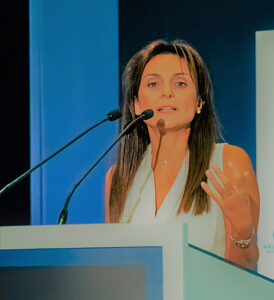
- Contact person: Phoebe Koundouri pkoundouri@aueb.gr
- Website: https://www.dept.aueb.gr/en/ReSEES
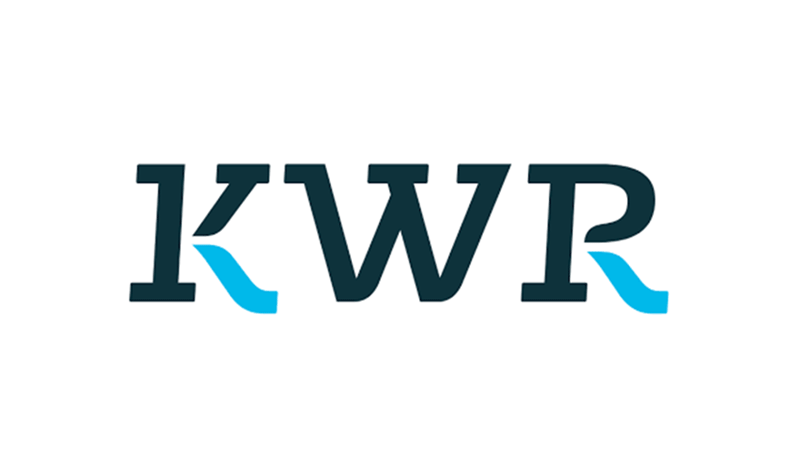
KWR
Description: KWR Water Research Institute (www.kwrwater.nl) generates knowledge to enable the water sector to operate water-wisely in our urbanised society. At KWR, we have a sense of professional and social responsibility for the quality of water. Our scientific findings and the resulting practical innovations contribute, worldwide, to a sustainable water provision in the urban water cycle. ‘Bridging science to practice’ is KWR’s motto. Our researchers work at the interface of science, business and society. Their strength lies in their translation of scientific knowledge into applicable, practical solutions for end-users in the Dutch and international water sector. We have built a solid reputation as top-level innovation accelerators and international network builders, and increasingly play a coordinating role in national and international collaborations. KWR has managed and conducted the Joint Research Programme with Dutch and Flemish water companies for more than thirty years. KWR has ample experience with the overall coordination of integrated EU funded research projects such as TECHNEAU (FP6), MICRORISK (FP6), PREPARED (FP7), DEMEAU (FP7), SUBSOL (H2020), SCREENCAP (CIP-ECO), NextGen (H2020-ongoing), EuSeME (EU-JUST-ongoing), and ULTIMATE (H2020-ongoing). KWR participates further in several EU-funded projects. Currently ongoing projects are: STOPIT (H2020), AQUARIUS (H2020), Fiware4Water (H2020), REWATCH (LIFE), HEATSTORE (JPI), PATHOCERT (H2020), B-WaterSmart (H2020), Water-Mining (H2020), AQUASPICE (H2020) and NEXOGENESIS (H2020). KWR is also in Water-Futures, a prestigious ERC Synergy Grant (2021-2027). KWR is founding member of ARC (Aqua Research Collaboration), GWRC (Global Water Research Coalition), and board member of Water Europe (EU Water Technology Platform). KWR also leads the Water Europe Working Group “Water&Energy”. KWR is also in the management team (coordinating all the Action Groups) of the ICT4WATER cluster, leading also the Action Group on “Smart Water”. It is also a member of many international platform organisations, such as the International Water Association (IWA) and Water Reuse Europe. KWR is founding organisation of Watershare, an international network of parties from the public water sector designed for the purpose of sharing knowledge and expertise. KWR initiates and coordinates Allied Waters, a public-private partnership dedicated to commercialising game-changing innovations in the watercycle that drive the circular economy. KWR is also WHO Collaborating Centre on Water Quality and Health.
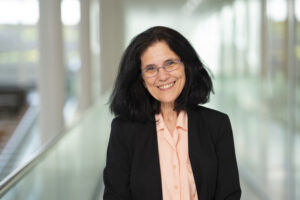
- Contact Person: Lydia Vamvakeridou-Lyroudia lydia.vamvakeridou-lyroudia@kwrwater.nl
- Website: www.kwrwater.nl
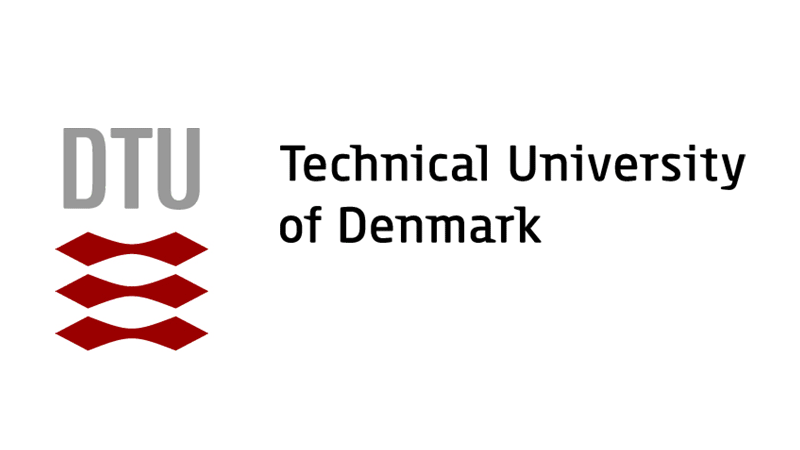
Danmarks Tekniske Universitet (DTU)
Description: The Technical University of Denmark (Danmarks Tekniske Universitet – DTU) is internationally acknowledged as an elite technical university, where education, scientific advice, and innovation rest on a solid foundation of world-class research. Founded in 1829 by H.C. Ørsted, the father of electromagnetism, with the mission of creating value for the benefit of society, DTU is at the academic and multidisciplinary forefront of the technical and the natural sciences. The UN’s 17 Sustainable Development Goals serves as a platform for the university’s activities, where about 6,000 employees and 11.200 students contribute to research and innovation within a wide range of scientific disciplines and technologies, including climate and the environmental sciences, climate adaptation, sustainable development and sustainable technologies, management, economics and decisionmaking. DTU is a founding member of the European Climate Research Alliance (ECRA) and chairs the collaborative program on High Impact Events. The university is also a founding member of the EuroTech and Nordic5Tech Alliances, representing top technical universities across Europe and the Nordic Countries respectively. Experts from DTU are regular contributors to the work of the Intergovernmental Panel on Climate Change (IPCC), including the upcoming Sixth Assessment Report (AR6). Since 1990, DTU hosts a UN Environment (UNEP) Collaborating Centre, the UNEP DTU Partnership, which supports UNEP’s Climate Change Strategy and Energy Programme all over the world and publishes the UN Adaptation Gap Reports. The Section on Climate Economics and Risk Management, hosted by the DTU Department of Technology, Management and Economics, is a transdisciplinary research unit that carries research related to climate resilience, adaptation and mitigation pathways, dissemination of essential climate information, and the development of usercentric climate services from a multi-scale, multi-sectorial and sustainable development perspective. The research and innovation team gathers expertise from economics, social science, geo-science, water/ energy modelling, and data science. Within ARSINOE the core DTU contributors listed below will be complemented by expertise in marine environments, fisheries, aquaculture and biodiversity from one of the “sister” departments: DTU AQUA, National Institute of Aquatic Resources.
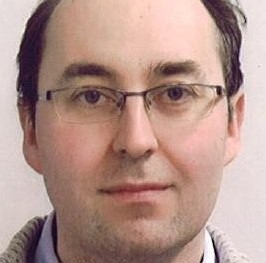
- Contact Person: Martin Drews mard@dtu.dk
- Website: www.man.dtu.dk
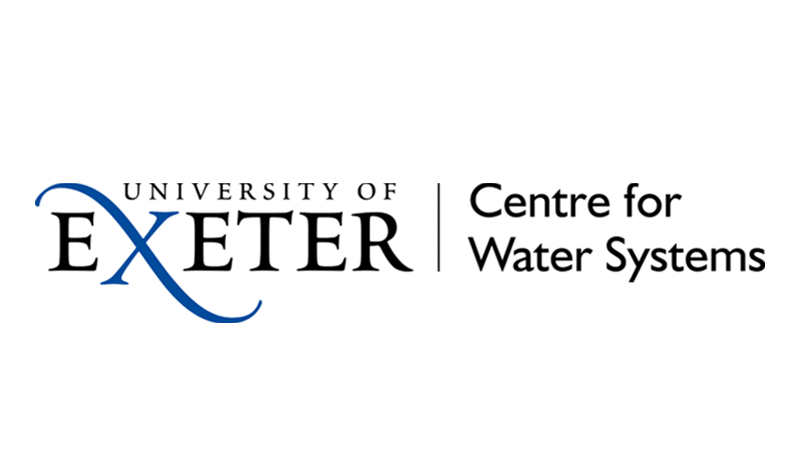
University of Exeter (UNEXE)
Description: The University of Exeter (UK) (www.exeter.ac.uk) is one of the leading research-driven Universities in the UK, consistently ranking among the top 10 at national level. The University of Exeter combines world class research with excellent student satisfaction at its campuses in Exeter and Cornwall. The University is a member of the Russell Group (http://www.exeter.ac.uk/about/facts/russellgroup/) of leading research-intensive universities.
Formed in 1955, the University has 25,000 students from 180 different countries. The Centre for Water Systems (CWS) (www.ex.ac.uk/cws) is part of the College of Engineering, Mathematics and Physical Sciences at the University of Exeter (UNEXE) in the UK. The Centre is an internationally leading group specialising in the development and application of advanced computer-based technologies for the water industry, and currently holds research contracts of over €8M, with strong industrial links. Hydroinformatics and urban water management are the main themes, with key research areas in sustainability, risk-based decision support systems, data mining, simulation, and optimisation. The Centre is leading the EPSRC WISE CDT (Water Informatics, Science & Engineering Centre of Doctoral Training) for the UK (director Prof. Dragan Savic). The Centre has links with leading academic groups around the world, including those in Europe, Asia, Africa, Australasia, and Americas. UNEXE/CWS has a strong track record in every aspect of ICT research related with water supply and distribution systems, with numerous publications in journals, software developed for specific purposes. It has also a long experience in EU and EPSRC funded research projects, related to water systems.
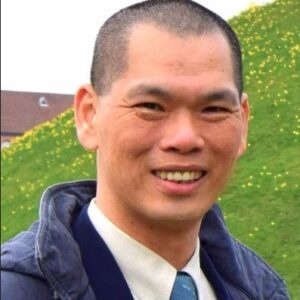
- Contact Person: Albert Chen a.s.chen@exeter.ac.uk
- Website: http://emps.exeter.ac.uk/engineering/research/cws/
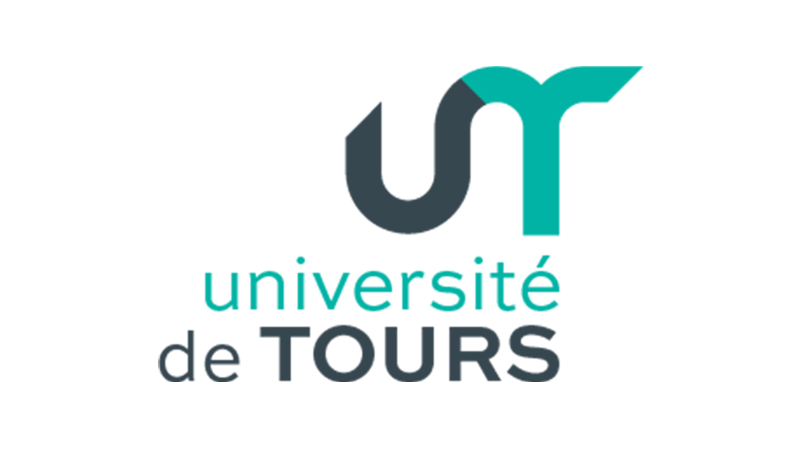
University of Tours (UT)
Description: UT is a multidisciplinary university including departments of Art and Human Sciences, Law and Economics, Letter-Language, Sciences and Technology, Medicine and Pharmacy. UT provides internationally leading research in different fields with its 35 research laboratories, high-level education to its 27,000 students, and promotes innovation (startups) and scientific advice. The laboratory CNRS 7324 Citeres has a long experience in addressing social sciences research for natural resources management. It co-leads a regional network MiDi active at international level regarding water issues https://ccw2021.sciencesconf.org/.
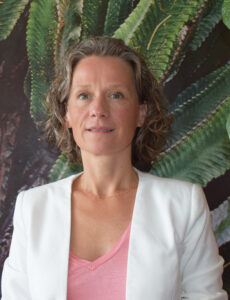
- Contact Person: Isabelle La Jeunesse isabelle.lajeunesse@univ-tours.fr
- Website: https://www.univ-tours.fr/
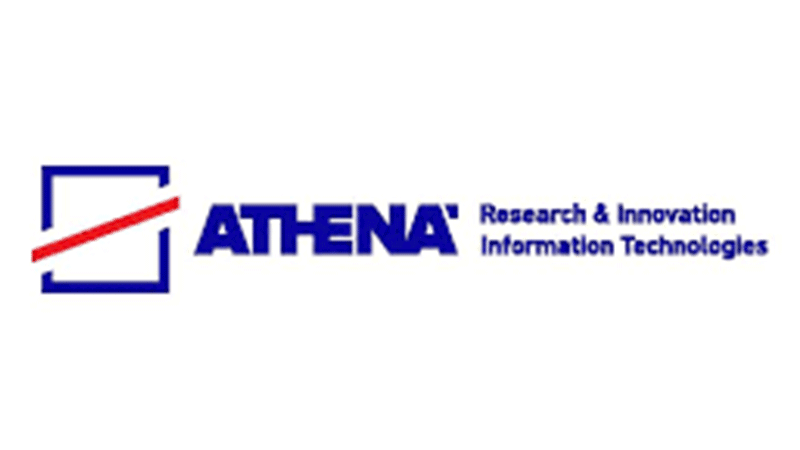
EREVNITIKO KENTRO KAINOTOMIAS STIS TECHNOLOGIES TIS PLIROFORIAS, TON EPIKOINONION KAI TIS GNOSIS (Athena RC)
Description:
- Contact Person: Nikitas Pittis npittis@unipi.gr
- Website: https://www.athenarc.gr
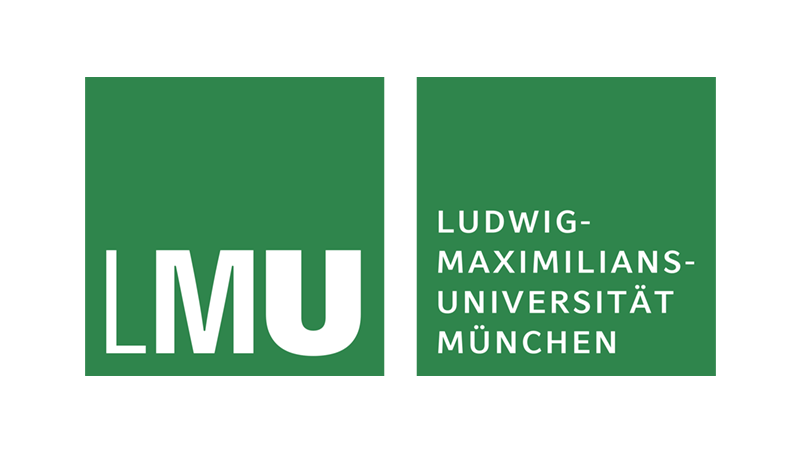
Ludwig-Maximilians-Universitaet Muenchen (LMU)
Description: LMU is the leading teaching and research university in Germany, ranking 1st in Germany in the latest Times Higher Education World University Ranking. With the neighbouring Max-Planck, Helmholtz, and Technical University institutions, it can be regarded as a major European life science hub. LMU is a large beneficiary of the German excellence initiative, and has in total hosted more than 110 ERC grants. In the Seventh EU Framework Programme LMU was recipient of 225 projects, in 22 of which it is/was the coordinating institution. In Horizon2020 LMU has already received more than 200 grants, 41 of them in the Societal Challenges. The Department of Geography (9 professors, 1600 students in various degree programs) has a long history in remote sensing, environmental modelling, hydrology and Global Change and climate change research related to water, energy and land resources, environment and society and sustainability research. It supports research networks in Europe, Asia and N. and S. America and is partner in many international co-operations and research
projects. The applicant has relevant previous experience from numerous inter- and transdisciplinary projects. LMU has lead the Work Package SCENARIOS in the GLOBAQUA project (FP7) as well as the Work Package “Microwave Radiative Transfer Models” in the MULTIPLY project (H2020). It coordinated the FP7-project CLIMB (Climate Induced Changes on the Hydrology of Mediterranean Basins) and lead the CLIWASEC cluster of projects (FP7). LMU has led or contributed to projects such as Dikes under Pressure (DLR, German Ministry of Economy and Innovation, BMWI), KLIMOBAY (European Regional Development Fund, ERDF), GLOWA-Danube (Global Change of the Water Cycle, German Ministry of Research and Education BMBF), TRAIT (Tsunami Risk Assessment and Information, German Research Foundation DFG) or ClimEx (Climate change and extreme events, Bavarian Ministry of the Environment).
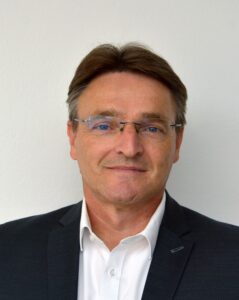
- Contact Person: Ralf Ludwig r.ludwig@lmu.de
- Website: https://www.lmu.de/de/index.html
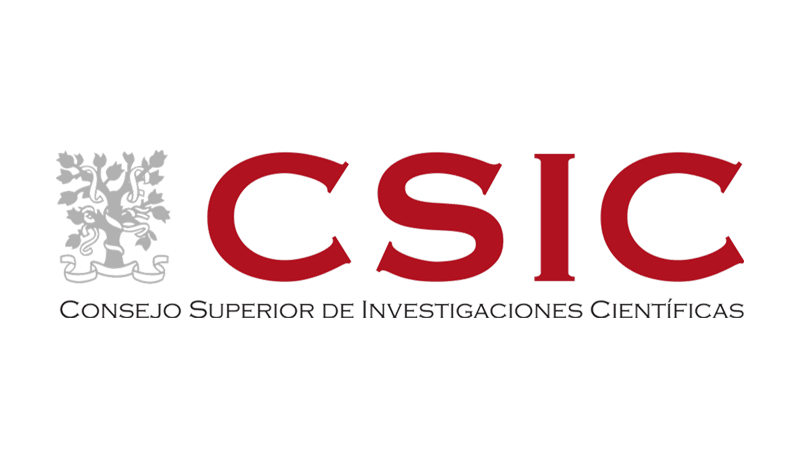
AGENCIA ESTATAL CONSEJO SUPERIOR DE INVESTIGACIONES CIENTIFICAS (CSIC)
Description: The CSIC (Spanish National Research Council) is Spain’s largest public research institution and ranks third among Europe’s largest research organizations. The CSIC is attached to the Spanish Ministry of Economy, Industry and Competitiveness through the State Secretariat for Research, Development and Innovation, and plays a key role in scientific and technological policy in Spain and worldwide. According to its Statute (Article 4), CSIC has 4 main missions: (1) to foster multidisciplinary scientific and technological research (2) Knowledge transfer to industry and society (3) Education and training of scientific and technical staff (4) Creation of Technology Based Companies. CSIC supports research and training across a wide range of knowledge, from the most basic or fundamental aspects of science to the most complex technological developments; from human and social sciences to food science and technology, including biology, biomedicine, physics, chemistry and materials, natural resources and agricultural sciences. As the third largest research organization in Europe, CSIC carries out research in all fields of knowledge, throughout its 123 Institutes distributed in eight areas: (1) Humanities and Social Sciences, (2) Biology and Biomedicine, (3) Natural Resources, (4) Agricultural Sciences, (5) Physical Science and Technologies, (6) Materials Science and Technology, (7) Food Science and Technology, (8) Chemical Science and Technology. CSIC produces 20% of the national scientific output (more than 12.000 ISI paper in 2014). CSIC remains the leading patent filer among research bodies in Spain with more than 180 patent requests published in 2014.
- Contact Person: Antonio Garcia Olivares agarcia@icm.csic.es
- Website: www.icm.csic.es
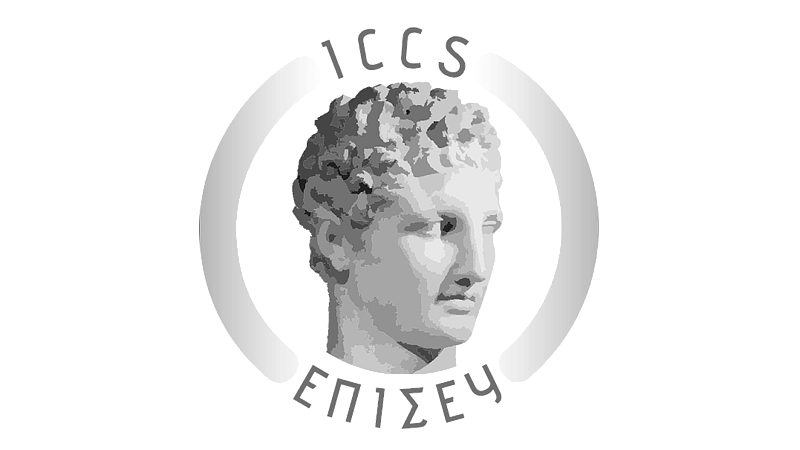
Institute of Communication and Computer Systems (ICCS)
Description: The Institute of Communications and Computer Systems (ICCS) is a non-profit Academic Research Body established in 1989 by the Ministry of Education in order to carry research and development activities in the fields of all aspects of communications and computer systems, and the associated affected diverse disciplines, such as smart cities, social computing, participatory sensing, social network analysis, etc.. ICCS is associated with the School of Electrical and Computer Engineering (SECE) of the National Technical University of Athens (NTUA). The personnel of ICCS consists of a number of Research scientists and more than 500 Associate scientists (including PhD students). ICCS is very active in European co-funded research activities and has been participating in several rserach and innovation actions in various programs. ICCS will participate through the Network Management and Optimal Design Laboratory (NETMODE) of ECE of the National and Technical University of Athens.
In particular, NETMODE Lab research interests and areas of expertise focus on modeling, design and management of complex systems and services, including social networks, interdependent human-centric systems, cyberphysical systems, system performance assessment/evaluation, recommendation systems, context & knowledge management, application of artificial intelligence and reinforcement learning approaches in decision making, user intent behaviour prediction and user profiling. NETMODE members have been actively involved in several RTD programs sponsored by Greek and European organizations in all the above areas, holding key leading and coordinating roles. NETMODE staff consists of two Professors, seven full-time/Post-Doc researchers and more than twenty Ph.D. students. Furthermore, its key personnel have extensive academic, research and industrial experience, while have held several administrative positions in research and development centres and laboratorie .
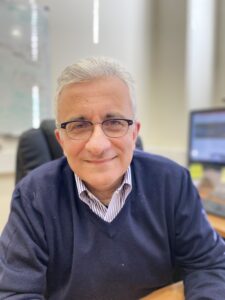
- Contact Person: Symeon Papavassiliou papavass@mail.ntua.gr
- Website: https://www.iccs.gr
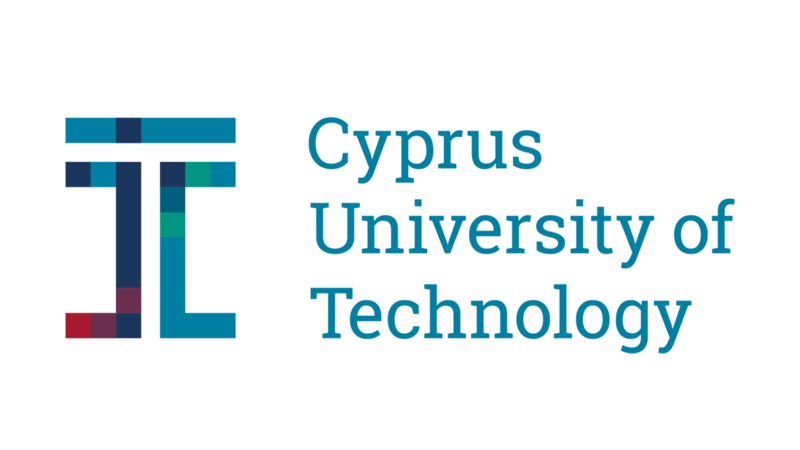
Cyprus University of Technology (CUT)
Description: Cyprus University of Technology (CUT) is a state University in Cyprus with a strategic target to design and develop research activities both within the University and in cooperation with other research Institutes in Cyprus and abroad. CUT has already signed the Charter & Code, has endorsed the ‘European Charter for Researchers and the Code of Conduct for the Recruitment of Researchers’ and it’s in the procedure to get the “HR Excellence in Research” label. Moreover, CUT is certified with the Standard “Investors in People” the only internationally recognized standard in the field of Management and Human Resource Development and received the EU QUESTE-SI label for its Sustainability and Social Responsibility credentials. It has already managed to dispose of a significant number of National Research Projects funded by the Cyprus Research Promotion Foundation and of European Research Projects funded under the European Research Framework Programmes (FP6, FP7, H2020), LIFE Programmes, ERASMUS Programmes and other. Furthermore, at the Times Higher Education World University Rankings (THE) 2018-19, CUT ranks 301-350 in the world and first among the Cypriot Universities; in “The Best Universities in New Europe 2018” CUT gained 2nd place and received the highest ranking of all foundations in bibliographic reporting; it ranked 59 in the “Young University Rankings 2018”; CUT ranked 37 in the “BRICS & Emerging Economies Rankings 2018”.
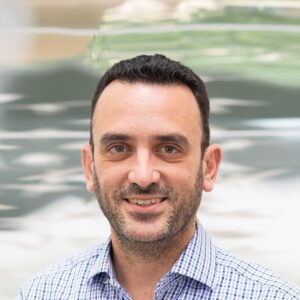
- Contact Person: Alexandros Charalambides a.charalambides@cut.ac.cy
- Website: https://www.cut.ac.cy/
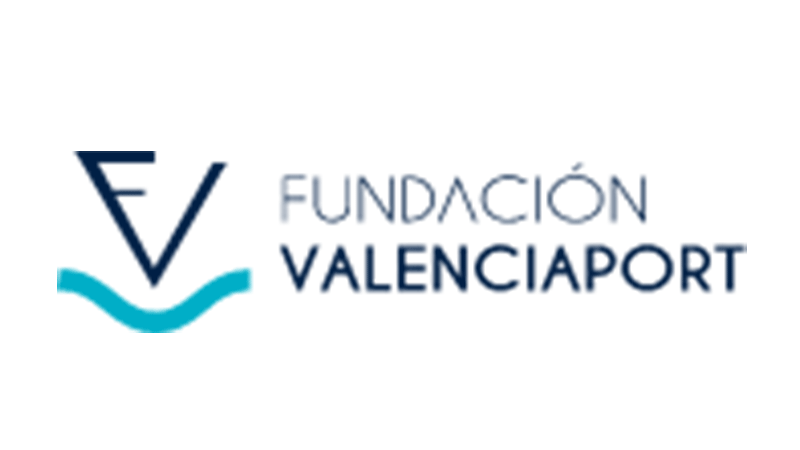
FUNDACION DE LA COMUNIDAD VALENCIANA PARA LA INVESTIGACION, PROMOCION Y ESTUDIOS COMERCIALES DE VALENCIAPORT (FV)
Description: Fundación Valenciaport is a centre for Applied Research, Innovation and Training, serving the portlogistics cluster. It is an initiative of the Port Authority of Valencia, bringing together key companies, universities and institutions in the port community. Since its creation, it has developed projects in more than sixty countries, mainly in the Mediterranean, the rest of Europe, Asia and Latin America. Among its many activities, the following stand out:
- Fostering innovation, by promoting the design, implementation and execution of R&D&I projects in the port logistics sector, aimed at improving the competitiveness of companies and institutions in the sector.
- Knowledge management initiatives, offering specialized, high-value-added training for the continuous improvement of the human capital of the port logistics community.
- Policy of active cooperation with other port communities around the world, by means of technical assistance initiatives and support for Spanish logistics operators in their internationalization processes. Raising the international profile of the Port of Valencia’s know-how.
- Market intelligence service for developing indexes, databases and reports of strategic interest for the sector.
- Structuring the port logistics community, fostering cooperation within the sector, while reaching out to and engaging in dialogue with the general public, all within the framework of a collective social responsibility strategy.
To achieve its objectives and to effectively support the port community, Fundación Valenciaport is integrated by highly-skilled staff that are specialized in port topics and port training. Among others, its staff is composed of naval engineers, industrial engineers, IT experts, experts in logistics, economists, and holders of degrees in environmental science, experts in financial management and in port training. In total, more than 50 professionals work in close collaboration to develop, improve and share the know-how and expertise of Fundación Valenciaport.

- Contact Person: Laura Morcillo lmorcillo@fundacion.valenciaport.com
- Website: https://www.fundacion.valenciaport.com/
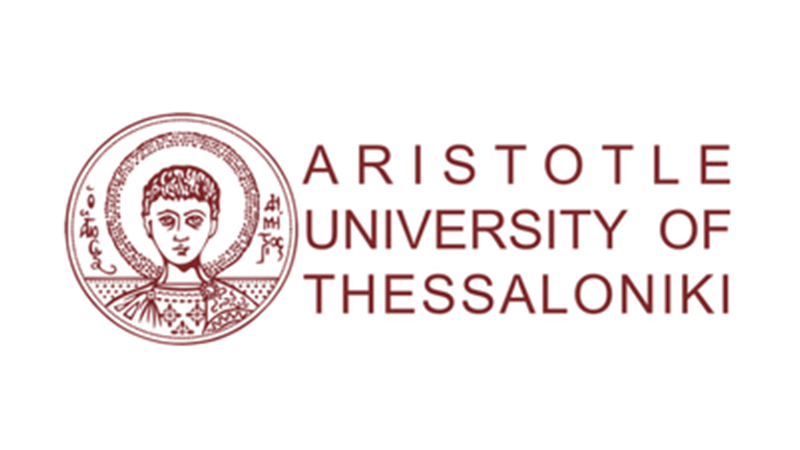
University of Thessaloniki (AUTH)
Description: The Aristotle University of Thessaloniki – A.U.Th. (https://www.auth.gr/en), is the largest public University in Greece. The University’s particular triptych is specified as Interdisciplinarity, Internationalist and Intercultural Education. A.U.Th. is one of the largest universities in South Eastern Europe and has more than 70.000 undergraduate and postgraduate students, 4.000 are international. A.U.Th. has almost 2000 members of Academic Staff and 1015 members of all the other staff categories. It comprises 42 schools covering all scientific fields. According to recent International Rankings, A.U.Th. is the first university in Greece. A.U.Th. is a member of different networks and has 105 signed inter-university agreements with universities all over Europe, USA, Canada Australia and Asia. A.U.Th. has bilateral agreements with 600 European Universities. In the university, there are also 2 active UNESCO Chairs, one on Education for Human Rights and Peace and the other on International Network of Water Environment Centers of the Balkans. The general research performance reveals that A.U.Th. has active participation in 48 research networks with the collaboration in 1705 research projects, 350 of which are related to water resources issues. Over the last five years the A.U.Th. has implemented more than 4500 Research and Technological Development Projects, covering mainly the scientific areas of the environment, information technology, communications, industrial technologies, transport, biotechnology, biomedical technology and health, agriculture, forestry, fishing, education / language, history, heritage archaeology and social / economic sciences. Finally, A.U.Th. is a founding member of the EPICUR Alliance, which leads the actions for the creation of the first European University. The Aristotle University of Thessaloniki is very active in the implementation of the Sustainable Development Goals. Since 2018, A.U.Th. is the host of the United Nations’ Sustainable Development Solutions Network SDSN – Black Sea, with prof. N. Theodossiou being the Chair of the network. These networks operate under the auspices of the UN Secretary General and their aim is to mobilize global scientific and technological expertise to promote practical solutions for sustainable development, including the implementation of the Sustainable Development Goals (SDGs) and the Paris Climate Agreement. SDSN Black Sea comprises twelve countries from the Balkans, the Black Sea and the Caspian (http://sdsn-blacksea.auth.gr/). The Aristotle University of Thessaloniki also hosts SDSN Youth Black Sea, a network comprising young people (under the age of 30), coordinating them in actions related to the implementation of the SDGs.
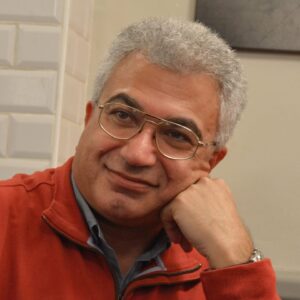
- Contact Person: Nikolaos Theodosiou niktheod@civil.auth.gr
- Website: https://www.auth.gr/en/
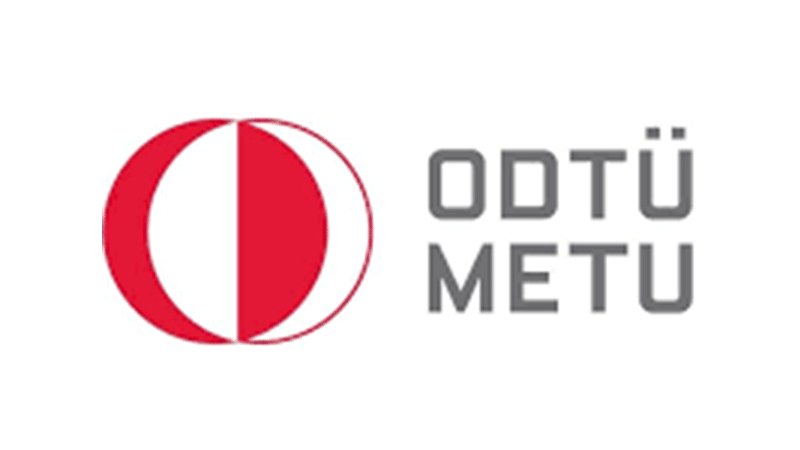
Middle East Technical University (METU)
Description: Middle East Technical University (METU), founded in 1956, is an international research university, which seeks excellence in serving the country, region and the world. This well-deserved reputation is partly a reflection of its leading position in terms of international scientific publications and share of research funds from national scientific research funding agencies, primarily the Scientific and Technological Research Council of Turkey (TUBITAK), among the most prominent universities of Turkey. Moreover, METU – as an international research-intensive university – is among the leading universities in Turkey in terms of depth and breadth of international research projects and the amount of funds generated from research activities. Research revenues account for 20-25% on average of annual METU expenditures, including all payroll costs. METU has actively taken part in and managed various projects under the Instrument for Pre-Accession Assistance (IPA), especially the Framework Programmes (FP) as well as other international projects, such as COST, Erasmus, Newton-Katip Celebi Fund, etc. In this context, as of July 1, 2020, METU has 388 international projects (either signed or in Grant Agreement phase) with a total budget of 794 M€ and METU’s share of 58 M€. Among these projects, 189 are supported by the EU Framework Programmes with a total budget of 704 M€ within which METU’s share of 43 M€ while 199 of METU’s international projects are funded other programs such as Erasmus, GCRF and US Embassy with a total budget of 88 M€ and METU’s share of nearly 14 M€. In terms of national R&D projects, where TÜBİTAK is the leading funding agency, METU has a prominent position amongst Turkish universities with 1100+ funded projects having a total budget greater than 500 MTL (approx. 80 M€ with January 2020 conversion rates).
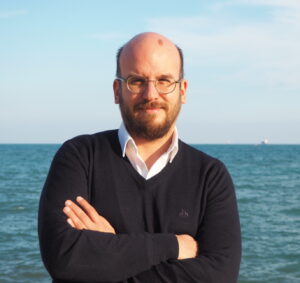
- Contact Person: Mustafa Yucel mustyucel@gmail.com
- Website: http://www.metu.edu.tr
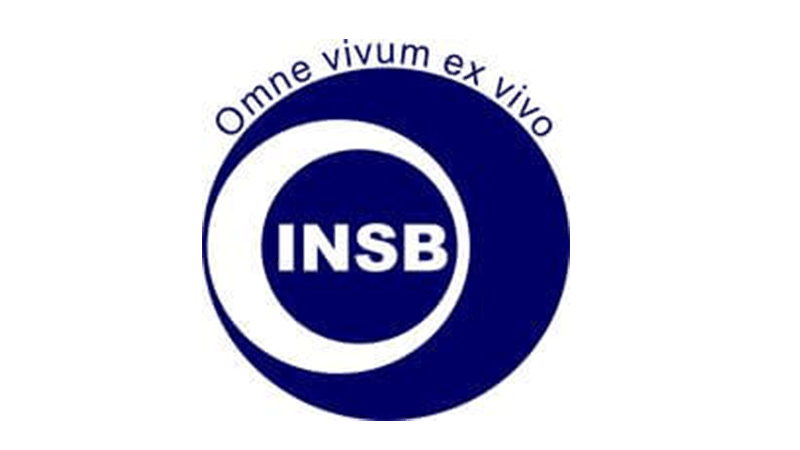
National Institute of Research and Development for Biological Sciences (INCDSB)
Description: National Institute of Research and Development for Biological Sciences – INCDSB is a Romanian legal entity, established as centre of excellence in Life Sciences domain and recognized as national distributed research network defined by high degree of interdisciplinary research. Starting with 2010, as result of increasing of consciousness on research impact on boosting growth and supporting the socio-economic environment by direct connection to regional research needs, new branch offices and field stations have been established in Constanta and Murighiol. INCDSB at global level. As active player on global level, INCDSB get a position of affiliated Centre to International Centre for Genetic Engineering and Biotechnology (ICGEB) intergovernmental organisation. From 2019, INCDSB has become member and national coordinator of the International Barcode of Life (iBOL) Consortium, an alliance of research organizations in 30(+) nations, which lays the foundational elements for a global DNA-based bio -surveillance system. INCDSB is part of various international bilateral agreements. One significant agreement is “Framework Agreement with the Korean Institute for Polar Research (KOPRI)”, since 2015 for a period of 5 years. During this period were organized by INCDSB four Romanian Scientific Research Expeditions in Antarctica ROICE 2015, ROICE 2016, 2019, 2020 of King Sejong Antarctic Station, King George Island in West Antarctica having as main objective the study regarding the effect of the climate change on the microbial communities through the identification and characterisation of microcosms from various habitats with a main focus on the organisms’ adaptations to these peculiar conditions. The INCDSB vision is the natural outcome of interdisciplinary research tradition and current and continuous determination to act as key player in applied sciences in the life sciences domain, thus creating the basis of transdisciplinary approaches in providing knowledge and innovative solutions and services on issues aroused on ecosystems, anthropogenic biomes and/or connected to specific ecosystems needs. By this way we are aiming to actively contribute to achieving the goal of clean circular economy, boosting the efficient resource using and supporting biodiversity restoring. INCDSB is responsible of developing Romanian components of DANUBIUS-RI, an ESFRI Research Infrastructures (https://www.danubius-ri.eu/). The Hub of DANUBIUS-RI, a pan-European distributed research infrastructure supporting interdisciplinary research on large river-sea systems, is under the coordination of INCDSB and will be located in Murighiol, Romania. The DANUBIUS Centre from Murighiol has links with leading research groups around the world, including those in Europe, Asia, Africa and Americas. INCDSB has a strong track record in every aspect of applied research related with circular economy, terrestrial and wetland ecosystems, with numerous publications in journals. It has also a long experience in EU, ERANet and Structural Funds ERDF funded research and support projects, related to water systems.
- Contact Person: Maria Paraschiv mariaparaschiv@gmail.com
- Website: http://www.incdsb.ro/
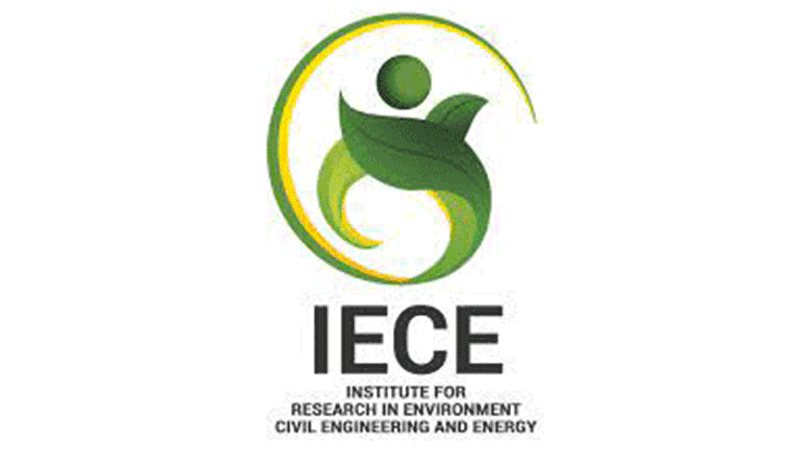
Institute for Research in Environement, Civil Engineering and Energy (IECE)
Description: Institute for Research in Environment, Civil Engineering and Energy – IECE is a private –owned, not profit institute with foundations set on three pillars: 1)Research, development and innovation, 2) Education – higher education, VET, adult and youth education, 3) Consultancy. IECE is positioned to be the interface for academia, industry and society, providing mutual and beneficial exchange of knowledge, ideas and expertise. Education, research and capacity development projects are developed and deployed in the fields: Environment, Civil engineering, Water, Energy, Management and Social sciences. Through each of these fields, the Institute addresses the major sustainable issues and challenges faced at an international level, thus having reference of participating and coordination of a number of EU and internationally funded projects. The IECE research team has worked in a wide range of topics related to water, such as: integrated water resources management, digitalization of water sector, circular water economy, environmental aspects of water allocation and use, modelling and simulation of complex multi – users water systems, decision support models, assessment of the water-energy-climate nexus , etc.
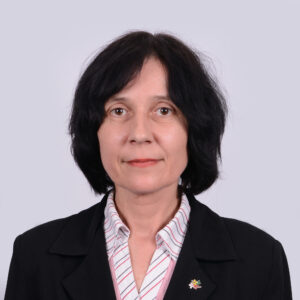
- Contact Person: Dijana Likar dijana.likar@iege.edu.mk
- Website: https://www.linkedin.com/company/iece/about/
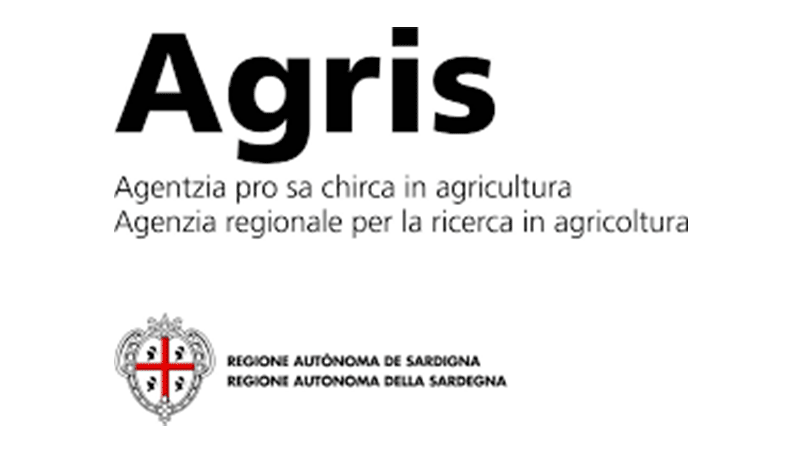
AGRIS SARDEGNA - AGENZIA PER LA RICERCA IN AGRICOLTURA (AGRIS)
Description: The Regional Agency of Sardinia (AGRIS) is an Institution for scientific research, experimentation and technological innovation in the fields of agriculture, agri-food, forestry and marine resources since 2006. The Agency’s mission is to support sustainable rural development, to protect and enhance biodiversity, and to improve its competitiveness and quality in research. Research in AGRIS is focused on issues having an economic, social and environmental impact, such as: quality and safety of food, water saving, vegetal, animal and microbial biodiversity, bioenergy. AGRIS focuses on technological innovation concerning: crop production, wine, olive oil, fruits, dairy products, fishery and aquaculture, racing horses, forestry and cork farming. The Agency carries out its research activities in 22 experimental farms and pilot enterprises. The AGRIS staff is made up of: 9 managers, 70 administrative workers, 275 executives and technical workers, 23 researchers in the field of crop production, 14 in the field of tree production, 3 in the horses research, 33 for animal production, 10 in forestry and cork farming.
- Contact Person: Marco Gian Vittore Dettori mdettori@agrisricerca.it
- Website: https://www.sardegnaagricoltura.it/innovazionericerca/
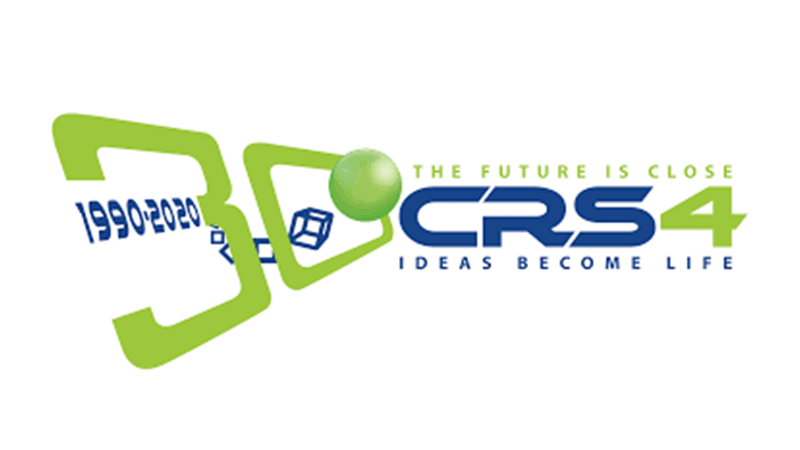
CENTRO DI RICERCA, SVILUPPO E STUDI SUPERIORI IN SARDEGNA (CRS4)
Description: CRS4, located in the Technology Park of Sardinia, Pula (Italy), is a research organisation founded in 1990. Initially headed by the Nobel Prize in Physics Carlo Rubbia, CRS4 has a current staff of about 150 people among researchers and professionals, working at 6 main strategic sectors: Biosciences, Computational Infrastructures and Smart Projects, Digital Technologies for Aerospace, HPC for Energy and Environment, ICT-Information Society and Visual and Data Intensive Computing. CRS4 is equipped with one of the major Italian HPC centers, the largest Next Generation DNA Sequencing platform in Italy and a state-of-the-art Visual Computing Lab. CRS4 has participated in +35 EU R&D projects, among which 16 in FP7 and 12 in H2020 mainly in the topics ENVIRONMENT, SECURITY, PEOPLE, SMART CITIES, INFRASTRUCTURES and ENERGY, in +70 projects funded by National/Regional Research Programmes and in various research contracts with the Private Sector (Oil&Gas and IT Industry).
- Contact Person: Marino Marrocu marino.marrocu@crs4.it
- Website: https://www.crs4.it
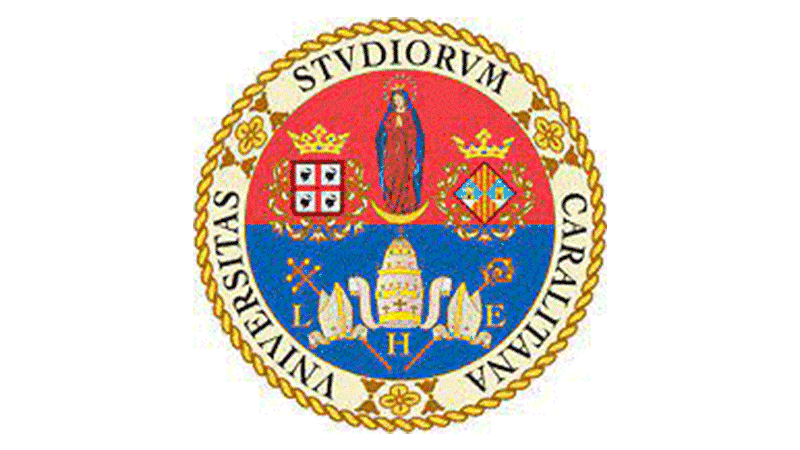
Universitá degli Studi di Cagliari (UNICA)
Description: The University of Cagliari (UNICA, https://www.unica.it/unica/it/homepage.page) is a public University located in the city of Cagliari, Southern Sardinia, Italy. It was founded in 1606 and is organized in 11 faculties, divided into: Faculty of Economical, Juridical and Political Sciences, Faculty of Humanistic Studies, Faculty of Engineering and Architecture, Faculty of Medicine and Surgery, Faculty of Biology and Pharmacy and Faculty of Sciences. With about 36,000 enrolled students, a teaching staff of over 1,200 and a technical-administrative staff of about 1,300 people, the University of Cagliari combines the teaching experience with excellent research. The University is one of the largest enterprises in the Region of Sardinia, thanks to its international policy, studies and its numerous agreements with prestigious universities in Europe and around the world. The Hydraulics and Hydrology group of the Civil Engineering Faculty, has been involved in many national and international projects, working on hydrological and ecohydrological modelling, bias-correction and statistical downscaling of climate models outputs, impact of climate change in the hydrological cycle, statistical characterization of hydrological extremes, nature based solutions for climate adaptation, Water-Energy-Food- Ecosystem nexus, flood forecasting for civil protection purposes, water distribution networks.
- Contact Person: Roberto Deidda rdeidda@unica.it
- Website: https://www.unica.it
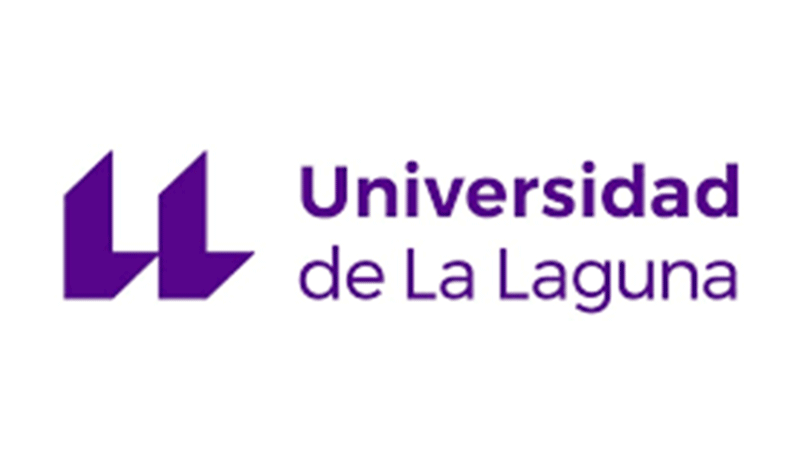
Universidad de La Laguna (ULL)
Description: The Universidad de La Laguna (ULL) is the oldest institution of higher education learning in the Canary Islands, and it is possible to trace its history back more than 200 years. Its founding decree, signed by King Charles IV of Spain, is dated the 11th March 1792. Since that date, it has undergone changes and been known by different names until finally being given its current name in 1913. The geographical position of Canary Islands in the Atlantic region places them between three continents, which means that, from a strategic point of view, the universities located on the islands are well placed to become important hubs of reference and flagships of knowledge and learning in the Atlantic. The university’s course catalogue includes: 45 undergraduate degrees; 21 official graduate courses in the process of being phased out and 30 official master’s degrees; 52 doctoral programs; and 25 master’s degrees unique to this university. In addition, 17,813 students are currently enrolled in degrees, and 2918 in courses in the process of being phased out.
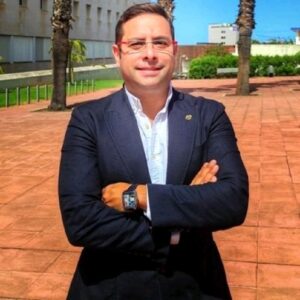
- Contact Person: Juan Carlos Santamarta jcsanta@ull.es
- Website: http://www.ull.es
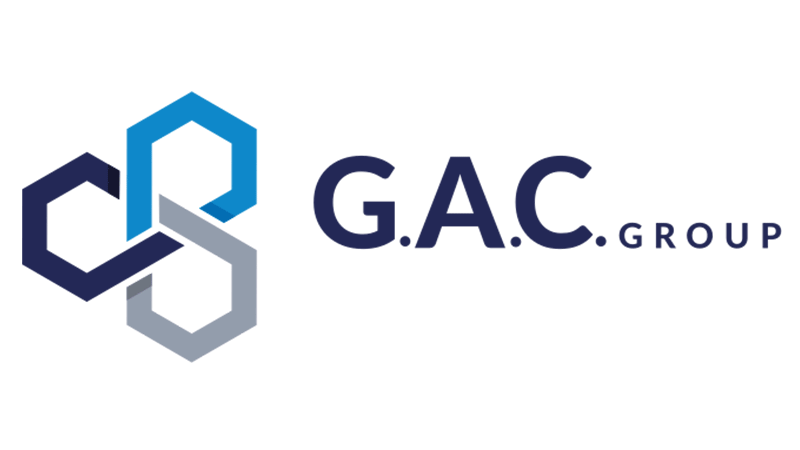
GAC Group (GAC)
Description: GAC Group (GAC), is an international innovation consultancy firm specialised in innovation performance support (18M+ sales revenue in 2019). It was established in 2002 and employs 200+ specialists, mostly with PhD or MSc, spread across Europe and across the world. The headquarters of the company are based near Paris, in Issy les Moulineaux, France; with offices in several cities of France (Nantes, Lyon, Lille, Sophia Antipolis…). The company integrates sound competences in innovation management, internationalisation, co-creation with end users, networks and platforms, economic studies (including innovation strategies, territorial innovation development, evaluation and impact assessment), financial performance, & human resource performance. Thus, GAC specialists provides 360° support to innovation, from ideation to industrialization and project management, and cover the whole expansion value chain, from ideation to industrialization, from IP advice to project management, R&D public funding and new market access, from internationalisation strategy to its operationalization, legal document drafting to operational support. Our technical experts are consultants specialized per industry and knowledgeable in sectorial trends, issues and skilled on innovation projects to face industry and societal challenges. In 2018, GAC launched GAC’UP, start up accelerator, to accompany innovation start ups in acceleration phase. GAC is one of 12 founding members of ENRICH GLOBAL, a non-for-profit international association and a public-private partnership, with the motto “Taking European Innovation Global”, with the objective to contribute to the development of European scientific, technological and innovation excellence, reinforce innovation competitiveness and internationalisation. GAC recently integrated the team and projects of inno TSD (now GAC), specialists in supporting inter-regional and international collaboration for innovation and economic development (500+ projects implemented since 1986, including over 40 FP7 and Horizon 2020 projects): cluster and SMEs internationalisation support, university‐industry cooperation, business incubator management, supporting start-ups and other innovative companies, impact maximisation, stakeholder engagement, as well as inter-regional connections and mutual learning activities. GAC has a strong list of relevant references with over 2000 private clients across the world, including deep tech start-ups and renowned multi-national companies.
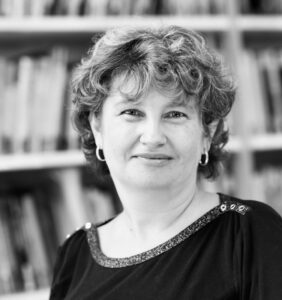
- Contact Person: Svetlana Klessova sklessova@group-gac.com
- Website: https://www.group-gac.com/
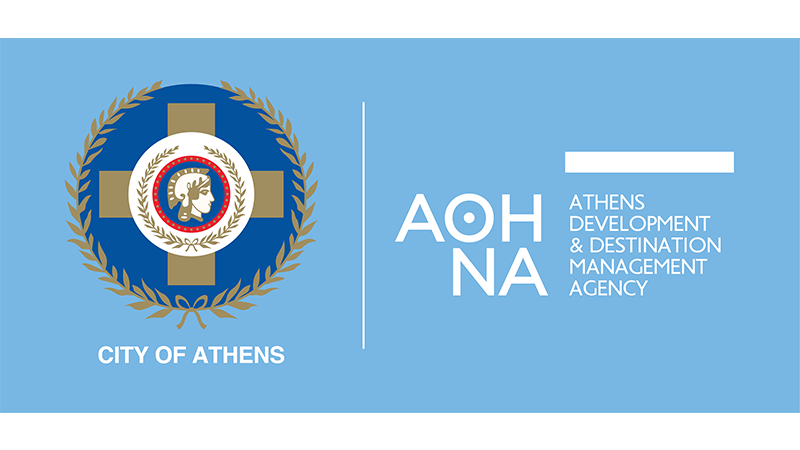
Athens Development and Destination Management Agency S.A. (ADDMA)
Description: The Athens Development and Destination Management Agency S.A. [ADDMA S.A.] was established in 1996 in order to advance and promote the City of Athens as a business and tourism destination. Goal of the Agency is to make Athens the most innovative and attractive city in Southern Europe for visitors and citizens alike. The Municipality of Athens is the Agency’s majority shareholder (95.73% of the shares are owned by the Municipality of Athens). Other shareholders are the Association of Municipalities in Attica, the Athens Chamber of Commerce and Industry, the University of Athens, the National Technical University of Athens, and the Local Government Insurance Agency.
The main mission is to support the City of Athens to implement its Thematic Priorities. In order to achieve this, the Agency co-designs and supports the implementation of the strategic and investment initiatives of the Municipality, identifies and attracts funding sources and implements actions that positively impact those who live, visit and work in the city, increasing the overall quality of life in Athens. Additionally, through engagement with local and private stakeholders the Agency designs and implements programs and initiatives that contribute to social, business and urban development. Special focus is given on supporting the Municipality to deliver its agenda and to achieve this, a core team of economists, urban planners, policymakers and experts work across the diverse portfolio of the Agency. Furthermore, a pressing matter for the city -where special focus is given to- is the incorporation of resilience and resource efficient aspects to the daily operation of the city. The latter is achieved through the incorporation of innovative ways to promote the city’s resiliency through participation to initiatives, actions and projects that bring together universities, research organisations and policy makers among others towards this goal. In order to improve the quality of life within the city, ADDMA S.A. creates opportunities for business development, introduces innovative services, through cooperation with governmental and non-governmental organizations from Greece and abroad and develops new tools for the climate change governance in the EU, a topic that is amongst the city’s top priorities for the next programming period. In this framework, the Agency is adamant to improve urban resiliency and climate change mitigation. The Agency has vast experience in the implementation of diverse projects in different thematic topics. Indicative projects are the implementation of Project ATHENA, numerous NSRF co-founded projects, H2020 projects, EaSI, AMIF, UIA, URBACT III, ERASMUS+ projects, iCapital Award project, EEA Grants, as well as other initiatives funded by private organizations such as Bloomberg and the Bodosaki Foundation.
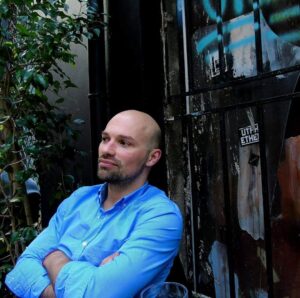
- Contact Person: George Stefas gstefas@developathens.gr
- Website: https://www.developathens.gr
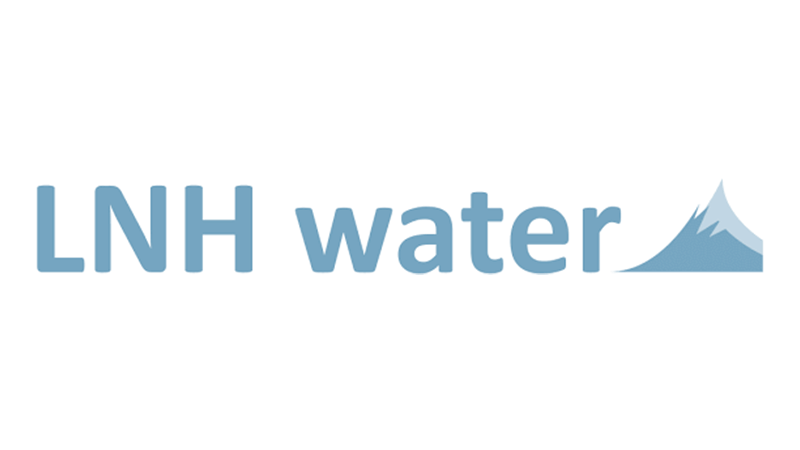
LNH Water (LNH)
Description:LNH Water is an SME specialised in advising utility companies in water related issues when developing/redesigning area plans for urban areas. The services include strategic planning of drainage systems, data collection and analyses, hydraulic/flood modelling, land cover mapping, calculation of flood risks in the context of climate change adaptation, and teaching.
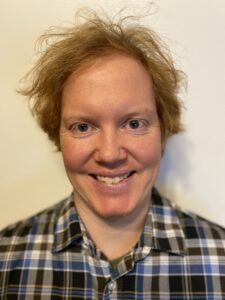
- Contact Person: Per Kaspersen per@lnhwater.dk
- Website: http://www.lnhwater.dk/
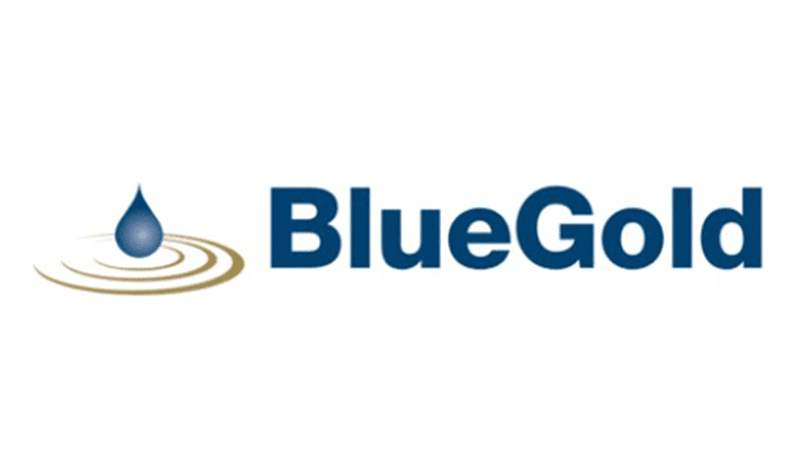
Blue Gold srl (BLGL)
Description: BlueGold is an Italian applied engineering company established in 2009. Certified as an innovative SME, BlueGold designs, manufactures, develops and delivers a fully integrated solution for the management of water infrastructures, locating leakages and optimizing energy consumptions. BlueGold’s loggers acquire continuously the flow rate and the pressure in the network. The devices are engineered for scalable installations, providing best-in-class capillarity of measuring points at a fraction of the cost of the competition. The proprietary machine-learning algorithms, which can be customized to each network’s needs, offer actionable insights to optimize the use of water resources and reducing operating costs. BlueGold supports water utilities in their digital transformation journey, building water’s industry 4.0.
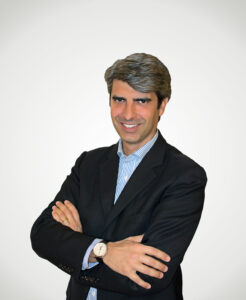
- Contact Person: Andrea Delogu andrea@blue-gold.it
- Website: https://www.blue-gold.it
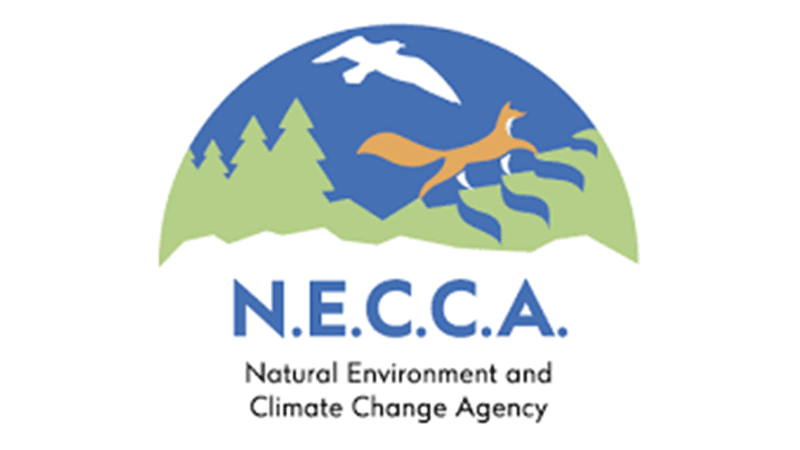
NATURAL ENVIRONMENT AND CLIMATE CHANGE AGENCY – NTUA (NECCA)
Description: The Natural Environment and Climate Change Agency (NECCA) is a Legal Entity of Private Law supervised by the Ministry of Environment and Energy. NECCA was formed in 2020, being the successor of the National Center for Environment and Sustainable Development (NCESD) with administrative and financial autonomy (law 4685 / 2020). The aim of NECCA is to implement the policy set by the Ministry of Environment and Energy for (i) the management of protected areas in Greece, the conservation of biodiversity and (ii) the promotion and implementation of actions for sustainable development actions and climate change.
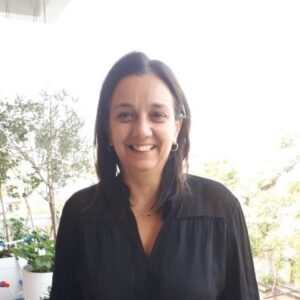
- Contact Person: Maria Papadopoulou papadopoulou.maria@prv.ypeka.gr
- Website: https://necca.gov.gr/en/home/
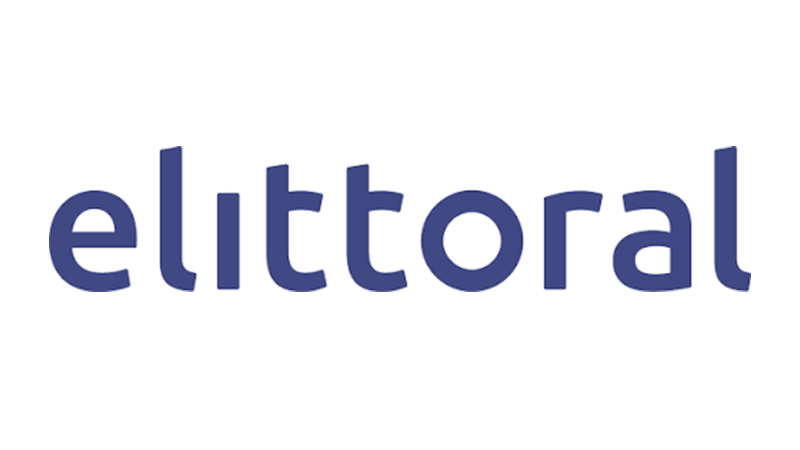
elittoral Estudios de ingeniería costera y oceanográfica SLNE (ELIT)
Description: Elittoral is a marine environmental consultancy, created in 2007 in Gran Canaria (Canary Islands, Spain), with the aim of meeting the demand of specialized coastal studies related with contamination and to climate change effects, especially in Islands. Thus, elittoral aims to characterize, assess and control the coast, to simulate the processes that are developed in it and to favor and improve the management of coastal areas. elittoral is closely linked to business opportunities in coastal areas and to economic activities linked to coastal spaces around the world. The quality attained by its services, technical assistance and R&D projects, as well as the fast consolidation into a marine consultancy company of reference in the Canary Islands and in Spain, has allowed it to materialize its geographic expansion. The choice of new areas in which develop its services has been strongly motivated by existing opportunities and potential for economic development in other regions.
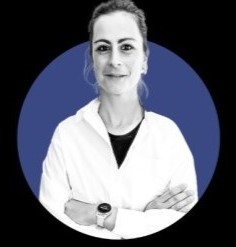
- Contact Person: Gloria Alvarez galvarez@elittoral.es
- Website: https://www.elittoral.es
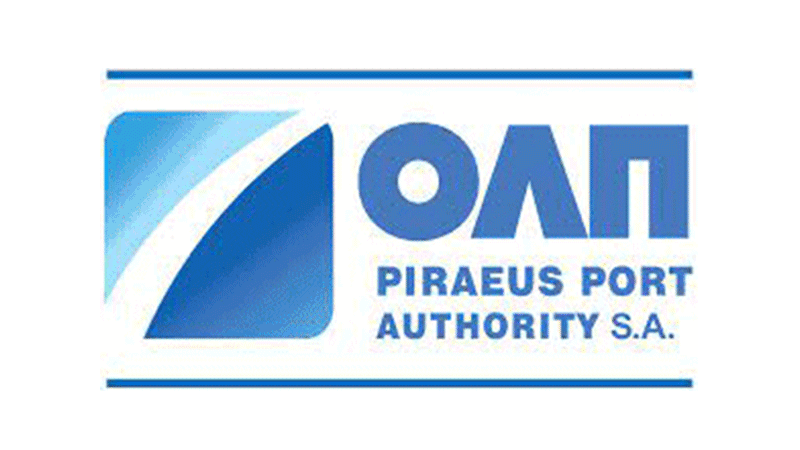
Piraeus Port Authority (PPA)
Description: The port of Piraeus, a historic port with a 2,500-year-old history situated in a particularly advantageous geographic location and one of the main Trans-European networks route, is an international maritime tourism and transit trade hub. The port of Piraeus is the largest port in Greece, spanning a coastline length of more than 24 kilometres and spreading over a total area of more than five million square meters and one of the largest in Europe. The Port of Piraeus is majority owned by a private company, COSCO with 51% of shares. The HRADF has 23,14% of shares The rest (25.86%) is held by non-institutional investors. Piraeus Port Authority (PPA) key activities include ship berthing, cargo handling and loading/unloading services, as well as the storage of goods and vehicle handling. Moreover, the Company is responsible for the maintenance of the port of Piraeus facilities, the provision of port amenities (water and power supply, telephone connection, etc.) and passenger traffic service (ferry and cruise ships) and for the concession of space to third parties.
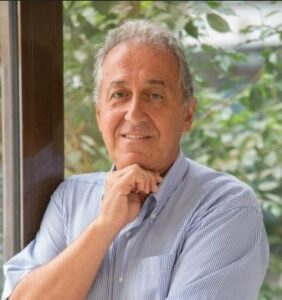
- Contact Person: Dimitrios Spyrou dspyrou@olp.gr
- Website: https://www.olp.gr
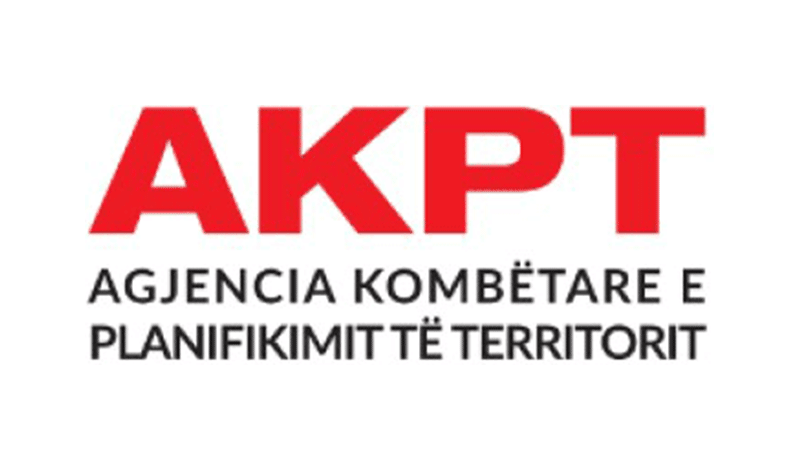
National Territorial Planning Agency (AKPT)
Description: National Territorial Planning Agency – NTPA (www.planifikimi,gov.al) is an institution attached to the Prime Minister’s Office. The National Territorial Planning Agency (NTPA) is an authority responsible for planning, subordinate to the Ministry responsible for territorial planning and development issues. Our mission is to contribute to the sustainable territorial development guided by well-planned strategies and medium and long term development programs; ensure the implementation of applicable laws and by-laws that guarantee the territorial well-planning; and facilitate professional dialogue in the field of territorial planning by disseminating the knowledge acquired during our experience in this field. In this framework, NTPA shall prepare itself, prepare in collaboration and coordinate the processes for the development of territorial planning documents and shall ensure coordination between territorial planning authorities, both horizontally (between central government institutions) and vertically (between local and central government institutions). Additionally, NTPA shall guide, coordinate and mediate the activities for the modernisation of the planning model and the promotion of innovatory practices in urban design and planning.

- Contact Person: Adelina Greca adel.greca@gmail.com
- Website: https://www.planifikimi.gov.al
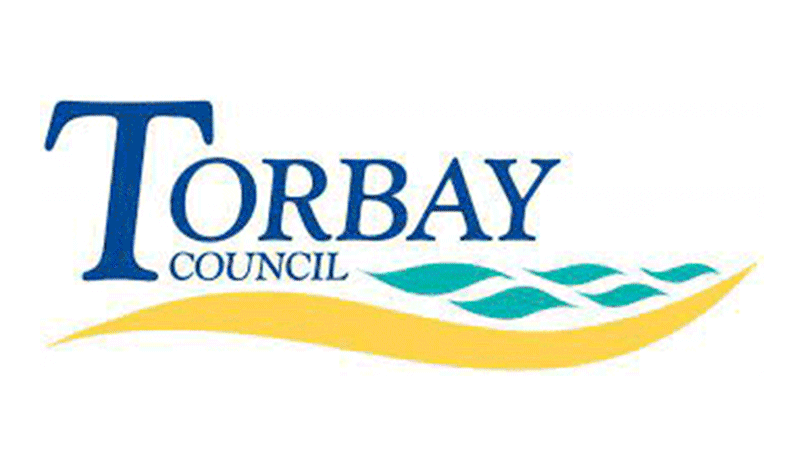
Torbay Council (TC)
Description: Torbay Council ia a Unitary Authority which covers the towns of Torquay, Paignton and Brixham in the South West of the UK. We deliver over 700 services to more than 130,000 residents together with the many visitors who come to the Bay every year. The Council’s Engineering Section have a vast experience in the design and maintenance of drainage, structures, urban design and specialist services which includes coastal defences, landfill sites and cliffs. Within the drainage team we undertake all our own hydraulic modelling using Infoworks ICM. We are well known across the UK for our expertise in flooding and we sit on a number of national bodies/committees including representing all local authorities on the CIWEM (Chartered Institute of Water and Environmental Management) Urban Drainage Group Committee. We have strong links with other national bodies including the Environment Agency and DEFRA. In addition we are/have been involved with a number of Universities on research and development projects including Exeter University, Manchester Metropolitan Unviversity and Imperial College. Over the past three years we have been a partner in the EU-Circle Project on the Effects of Climate Change on Critical Infrastructure and Torbay has been used as one of the Case Studies looking at coastal and fluvial flooding.
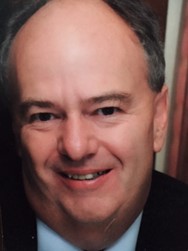
- Contact Person: Dave Stewart dave.stewart@tda.uk.net
- Website: https://www.torbay.gov.uk
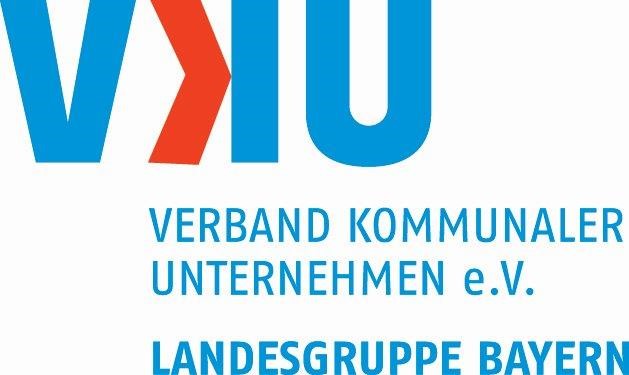
Verband kommunaler Unternehmen e.V. (VKU)
Description: The Verband kommunaler Unternehmen e.V. (VKU) is the German Association of Local Utilities of municipally determined infrastructure undertakings and economic enterprises. These are companies that provide services of general interest in Germany within the framework of local self-government. Working in the context of an economic system driven by competition, they serve the interests of citizens by maintaining a service structure that counteracts the forces of market concentration and forms an integral part of Germany’s social market economy. The VKU is the association for local public utilities, which do not primarily pursue private commercial objectives but are guided by public welfare obligations. In our democratic system, they operate under local self-administration to serve “citizen value”, i.e. to meet the needs of the local community. The type of capital they form and secure is a community-oriented asset.” (Resolution of the VKU Executive Committee of 26 February 2008). The VKU represents the interests of the local public utility sector in Germany, which includes both supply and disposal services. Founded in 1949, this Association of Local Utilities has its headquarters in Berlin. It also runs an EU representation in Brussels. Furthermore, the VKU is represented at federal state level with regional sections, such as the Bavarian office based in Munich, which will be the partner in this project. The 1,500 member companies (with over 200 in Bavaria) organized within the VKU are primarily active in the fields of energy supply, water supply and sewage, waste management, municipal cleaning and telecommunication. The Bavarian section has a regional board. The regional board and it’s chairperson give guidance to the Bavarian managing director and his team, who coordinates it’s activities with the headquarter. We bring together the interests of the local utilities and influence the processes of policy-making and law-making. We formulate ideas on the future of the local utility sector and offer our members a broad range of support services.
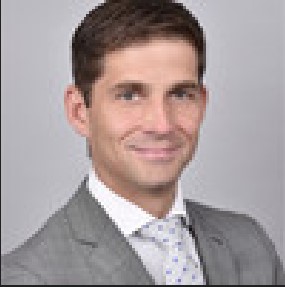
- Contact Person: Gunnar Braun braun@vku.de
- Website: https://www.vku.de/
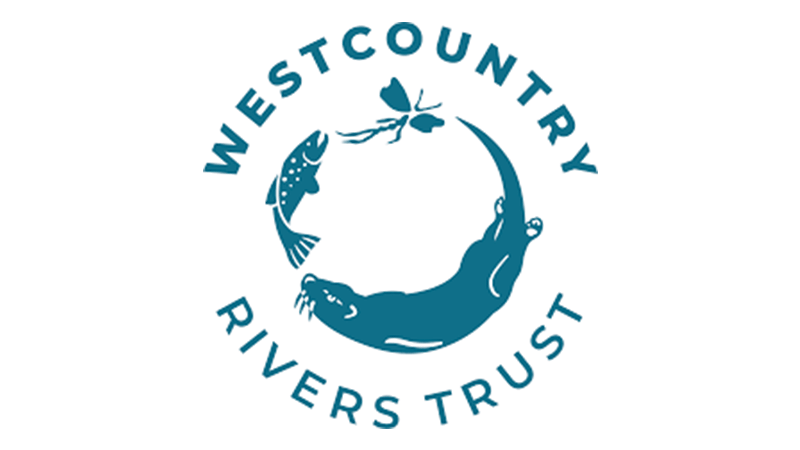
Westcountry Rivers Trust (WRT)
Description: Westcountry Rivers Trust (WRT – www.wrt.org.uk) is an environmental charity based in the South West of England that uses local, regional, and national data together with stakeholder engagement to understand the evidence available and to effectively guide targeted catchment management delivery. Our core ethos revolves around a desire for balanced ecosystems, which may be achieved through conservation actions based on sound science, linked to engagement and education at all levels. WRT have been delivering practical environmental improvements to enhance ecosystem service provision and improve the ecological condition of rivers and catchment landscapes across the South West for 25 years. WRT have spent >20 years developing a robust evidence-base to establishes a link between the processes that are occurring in catchments, the observed/recorded degradation of ecosystems/natural capital assets in a catchment landscape and the impacts (environmental and socio-economic) on downstream receptors. We adopt a participatory ‘weight-of-evidence’ approach to effectively guide, target and facilitate the delivery of adaptive catchment management for an array of intended ecosystem services-based outcomes. To ensure that catchment management interventions are timely, targeted, necessary and to maximise the ecosystem services benefits realised, we use the latest modelling, surveying and mapping techniques to investigate landscape condition, identify threats to ecosystem health (e.g. sources of water pollution), create integrated catchment management plans and target additional monitoring. These comprehensive reviews of pre-existing and novel primary data are supplemented with additional, locally derived data and refined using expert judgment and stakeholder insights. This integrated approach, marrying an exhaustive review of data and evidence with our significant expertise of on-the-ground delivery, allows us to deliver significantly greater and more diverse social, environmental, and economic outcomes. Recently, the WRT toolbox of measures has been extended to incorporate an array of Nature-Based Solutions (or ecosystem-based adaptation measures). In addition to water quality protection measures, it now also includes a comprehensive suite of interventions for: 1) soil & water management; 2) the creation and management of woodland, and 3) both Natural Flood Management (NFM – also known as Working with Natural Processes) and water resource resilience (drought alleviation) measures.
- Contact Person: Nick Paling nick@wrt.org.uk
- Website: https://www.wrt.org.uk
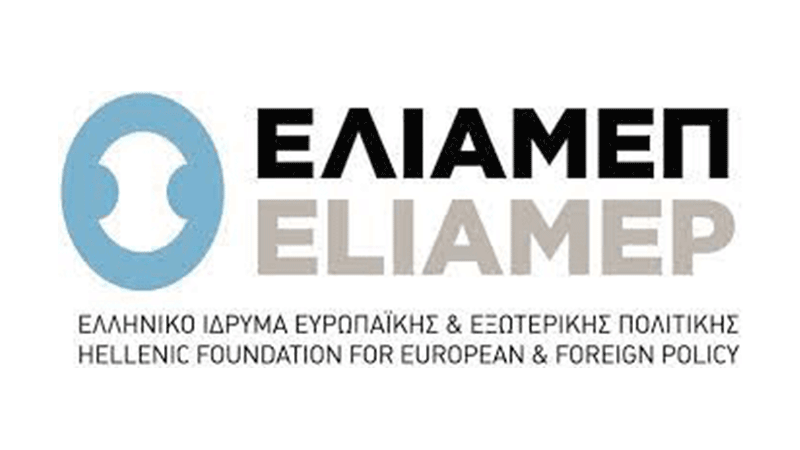
Evropaikis kai Exoterikis Politikis (HELLENIC FOUNDATION FOR EUROPEAN AND FOREIGN POLICY) - ELIEEP (ELIAMEP)
Description: The Hellenic Foundation for European and Foreign Policy (ELIAMEP) is an independent, non- governmental, non-profit think tank, established in 1988 in Athens, Greece. Its mission is to conduct policy – oriented research and provide policy makers, academics and the public at large with authoritative information and substantiated policy recommendations, and contribute to the development of evidence – based responses to major European and Greek foreign policy challenges. ELIAMEP’s expertise spans over a wide range of research areas: EU institutions & policies, management of migration; security, international relations & conflict resolution; transatlantic relations; democracy, human rights & civic participation; good governance & the rule of law; gender equality; religion, culture & diversity; the role of mass media in the era of fake news; socioeconomic development, employment & cohesion; and energy, sustainability & climate change. ELIAMEP’s overall activities include:
- Conduct of policy-oriented research and implements research-related projects funded mainly by the European
- Commission but also other international funding donors (such as international organisations, private
foundations, etc.) - Undertaking of various kinds of information and awareness – raising activities to promote and facilitate public
debate, such as publications, social media, conferences, training seminars and round-table discussions - Collaborations with key stakeholders in all areas of public life (government institutions, the NGO community,
the media, universities and research centres, grant-making foundations, the private sector, etc.

- Contact Person: Vasiliki Vorropoulou development@eliamep.gr
- Website: https://www.eliamep.gr
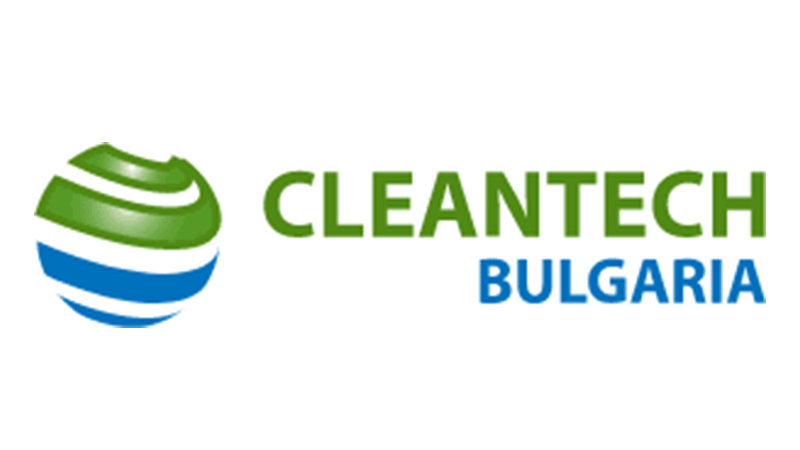
Cleantech Bulgaria Foundation (CTBG)
Description: Cleantech Bulgaria (CTBG) is a business network for clean technology, innovation and sustainable development. The organization is working actively to introduce resource-efficient solutions leading to a shift to new business models, such as the low carbon and circular economy. Our mission is to increase the potential for innovation and sustainable economic growth in the fields of clean technologies, bio-technology and environmental innovation. We encourage partnerships between science, business and the public sector with the goal of reaching a sustainable transition towards environmentally-friendly culture, business and life. Cleantech Bulgaria is a catalyst for innovative solutions and a trusted partner of the business, public administration, science and education. Our focus is on sustainable innovation, technology transfer, the development of business strategies for startups and growing enterprises, investment consulting, entrepreneurship trainings, as well as the development of strategies for sustainable economic processes in business, cities and regions.
- Contact Person: Mariyante Hamanova mariyana@cleantech.bg
- Website: https://www.cleantech.bg
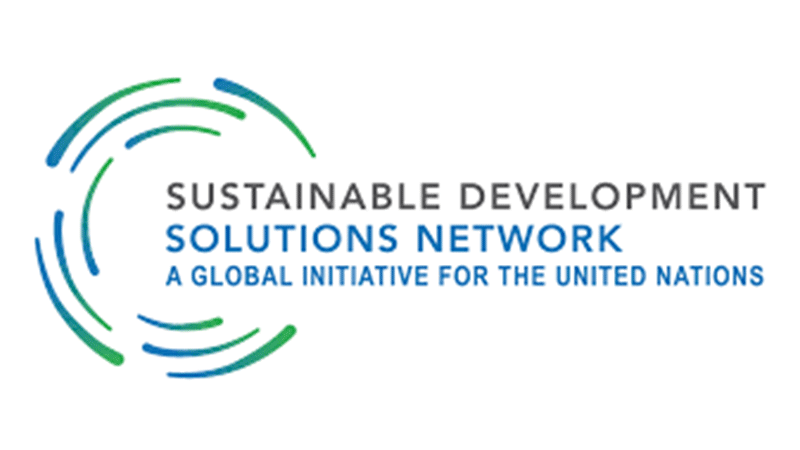
SDSN Association Paris (UNSDSN)
Description: The UN Sustainable Development Solutions Network (UNSDSN) mobilizes global scientific and technological expertise to promote practical problem solving for sustainable development. The UNSDSN has been operating under the auspices of the UN Secretary-General and we are committed to supporting the implementation of the SDGs at local, national, and global scales. UNSDSN is building a global network of universities, research centers, and other knowledge institutions focusing on:
- Providing and mobilizing support for the SDGs;
- Promoting practical Solution Initiatives and long-term pathways for sustainable development;
- Promoting high-quality education and research collaboration for sustainable development;
- Supporting governments in understanding and addressing the challenges of sustainable development.
The organization and governance of the Global UNSDSN aim to enable a large number of leaders from all regions and diverse backgrounds to participate in the development of the network. To facilitate this work, UNSDSN has a secretariat with offices in New York and Paris. The UNSDSN Leadership Council brings together over 100 global sustainable development leaders from all regions drawn from civil society, public, and private sectors. Much of UNSDSN’s work is led by National or Regional SDSNs, which mobilize knowledge institutions around the SDGs. Spanning six continents, the UNSDSN network comprises over 1,400 member institutions, most of which are universities, coordinated by 40 National and Regional Networks. Of these member institutions, over 330 are based in Europe. The purpose of the National or Regional SDSNs is to mobilize local universities and diverse stakeholders to work together on sustainable development. Each National or Regional SDSN focuses on distinct projects and priorities in line with its unique local context. National and Regional SDSNs promote the localization and implementation of the SDGs, develop long-term transformation pathways for sustainable development, provide education around the Agenda 2030, convene stakeholder dialogues and joint project development and launch Solution Initiatives to solve particular challenges. Each National and Regional SDSN is coordinated by one or more host institution(s), which have a strong demonstrated track record working on issues relating to sustainable development.

- Contact Person: Maria Cortes-Puch
- Website: http://www.unsdsn.org/
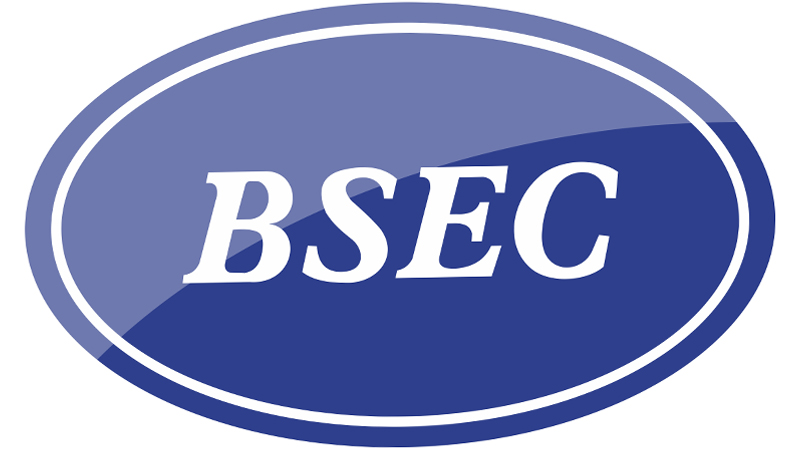
Organization of the Black Sea Economic Cooperation (BSEC)
Description: BSEC is the oldest (established in 1992) and most representative regional organization promoting economic cooperation in the wider Black Sea area. Aiming at fostering interaction and harmony among its members, encouraging friendly and good-neighborly relations in the Black Sea region, today BSEC serves as a trusted vehicle for cooperation in a wide range of areas (environmental protection, agriculture, culture, tourism, science and technology, education, energy, SMEs, emergency assistance, transport and etc.) for its 13 Member States (Albania, Armenia, Azerbaijan, Bulgaria, Georgia, Greece, Moldova, Republic of North Macedonia, Romania, Russia, Serbia, Turkey and Ukraine) and beyond. The “greater BSEC family” was in the meantime enriched by 4 other autonomous entities (the Parliamentary Assembly of BSEC (PABSEC), the Black Sea Trade and Development Bank (BSTDB), the International Centre for Black Sea Studies (ICBSS) and the BSEC Business Council), which greatly contribute to the promotion and implementation of the Organization’s objectives. The Permanent International Secretariat (BSEC PERMIS) is based in Istanbul, Republic of Turkey and performs the secretarial duties of the BSEC Organization.
During its 28 years of activity the Organization implemented a big number of regional cooperation projects, launched numerous sectoral Associations of public and private entities, established many specialized Networks of experts and other interested stakeholders, served as an important platform for better coordinating regional cooperation, established working relations with many International Organizations (UN Agencies, EU, etc.) and was involved in concrete efforts for economic development funded either by its Member States or by third sources. The BSEC Organization, alongside with its concrete and substantial contribution for the overall development and growth in the region, serves also as a valuable, first-level, confidence-building mechanism.
- Contact Person: Rosita Stoeva rstoeva@bsec-organization.org
- Website: http://www.bsec-organization.org
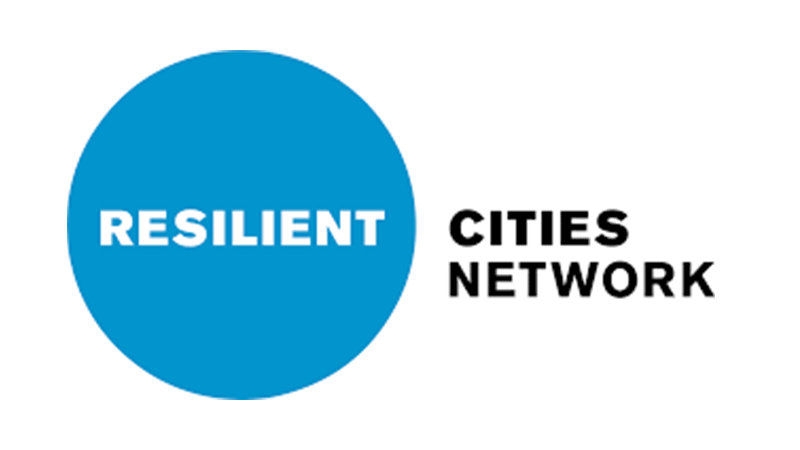
Stichting Global Resilient Cities Network- Resilient Cities Network (R-Cities)
Description: Resilient Cities Network is a global city-led nonprofit organization that brings together knowledge, practice, partnerships, and funding to empower cities to build a safe, equitable, and sustainable future for all. Resilient Cities Network has entities is the US, Europe and Singapore and teams in Africa and Latin America. Resilient Cities Network builds on the legacy of the “100 Resilient Cities pioneered by the Rockefeller Foundation” and its 97 member cities and Chief Resilience Officers. Present in more than 90 cities, 40 countries, and 6 continents our mission is to reduce the vulnerability and improve the well-being of over 220 million urban dwellers around the world through:
- Resilience expertise – design urban projects and management systems that maximize public value, minimize
risks, and yield multiple dividends; - City connections – understand how to work within city systems and partner with city practitioners (CROs) to
directly affect change; - Global practitioner network – amplify messaging, disseminate knowledge, host collaborative opportunities, and
scale solutions.
Resilient Cities Network and its predecessor “100 Resilient Cities” enabled 100 cities from across the world to appoint Chief Resilience Officers, develop ambitious resilience strategies, and kick start innovative resilience actions through multi stakeholder partnerships and transformative peer to peer learning. The European entity of the Resilient Cities Network is based in the Netherlands and works with its 21 members cities across Europe and the Middle East in strengthening their urban resilience governance and implementing their resilience agendas.

- Contact Person: Lina Liakou linaliakou.arch@gmail.com
- Website: https://resilientcitiesnetwork.org
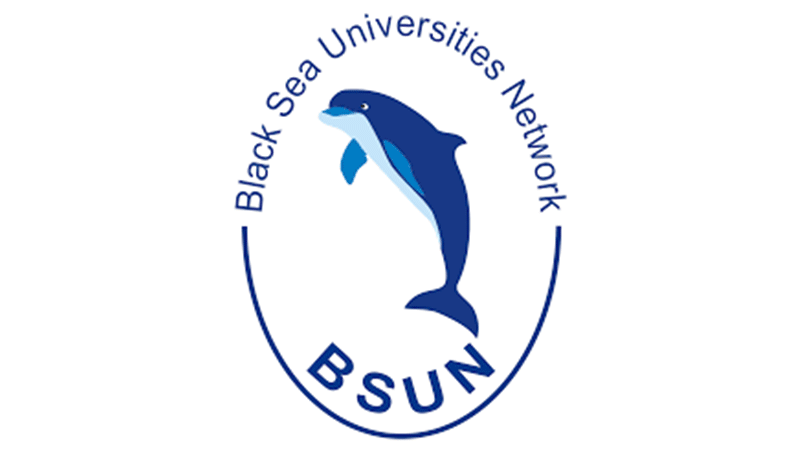
Secretariatul Naţional Român al Reţelei Universităţilor de la Marea Neagră – BSUN
Description: The BSUN, was established in 1998 as an ad-hoc international organisation that was founded for the purpose of developing educational, scientific, and cultural cooperation and exchanges among the Universities of the Black Sea Economic Cooperation (BSEC) Member States and other institutions with similar concern. At present, 115 universities are members in the network from 12 Countries associated to the BSEC Organization. The network is running many activities on a bottom-up approach for involving the professors and students from the Member Universities in cooperative activities. The legal representation of the Network is assured by the Romanian National Secretariat of BSUN that is a public institution, organized by the Romanian Government with this purpose. According to the BSUN Charter, the Romanian National Secretariat is playing the role of an International Permanent Secretariat. BSUN is a member of the EGI Foundation taking part in the largest European Federated Data Processing Infrastructure for Scientific Research. The digital infrastructure of BSUN includes up-to-date hardware and software solutions that are described in detail in the later paragraph. The BSUN initiated and is a founding member of the Innovation Cluster Danube – Danube Delta – Black Sea – 3DBS, aiming the promotion of sustainable development in the coastal area of the Black Sea, the Danube Delta and along the lower Danube Valley.
- Contact Person: Andrea Presura office@bsun.org
- Website: https://www.bsun.org
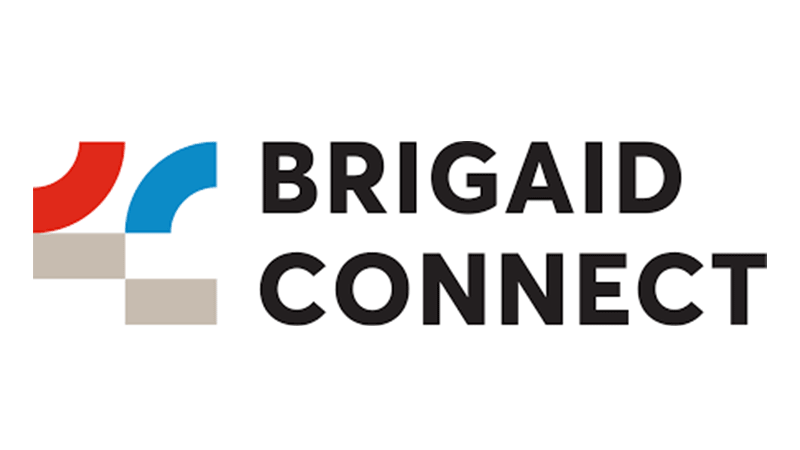
BRIGAID CONNECT— BC (BRC)
Description: BRIGAID Connect builds on the EU-funded BRIGAID project. It has been created as an independent by several members of the consortium to further exploit the project’s methods, knowledge and networks. BRIGAID CONNECT offers a one-stop-shop for supporting climate adaptation innovations. Its aim: to deliver Innovation for Resilience. BRIGAID CONNECT supports climate innovators turn their ideas into implementable solutions through a full range of support services: access to testing facilities for prototypes, guidance on business strategy development and marketing communication, and engagement in Communities of Innovation – all developed and proven in the 2016-2020 research project, BRIGAID. Our networks link innovators, end-users, investors, funders, and experts.
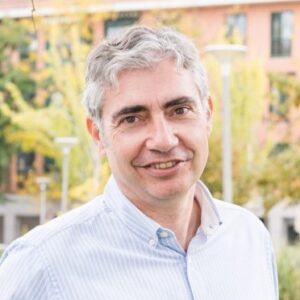
- Contact Person: Manuel Bea mbea@icatalist.eu
- Website: http://brigaidconnect.com/
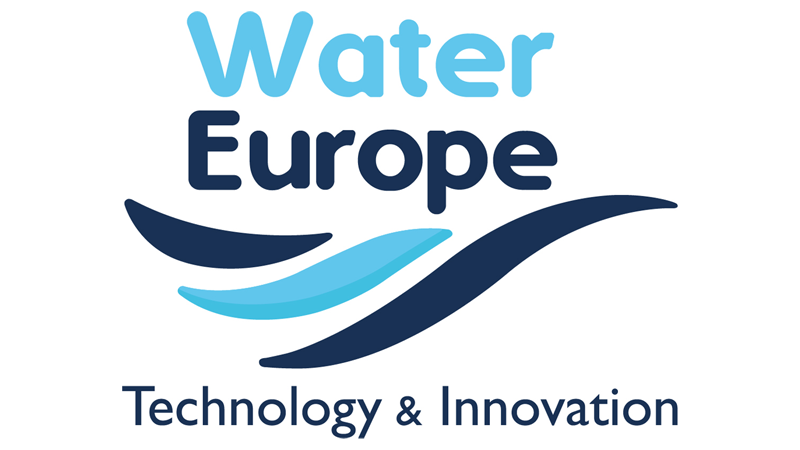
Water Europe (WE)
Description: Water Europe is the recognized voice and promoter of water-related RTD and innovation in Europe. It strives to increase coordination and collaboration, to enhance the performance of the water service providers, water users, and technology providers, in a sustainable and inclusive way, and to contribute to solving water-related societal challenges. Water Europe envisions a Water-Smart society, in which the true value of water is recognised and realised, and all available water sources are managed in such a way that water scarcity and pollution of groundwater are avoided. Water and resource loops are largely closed to foster a circular economy and optimal resource efficiency, while the water system is resilient against the impact of climate change events. The strategy of Water Europe is driven by the ambition to realise the value of water for our society and our economy, and achieve a European Water-Smart Society, while providing excellent services to members. Its activities are organised in the following programmes: Collaboration, Advocacy and Market Programme, while they are supported by the Membership and Communications Pillar.
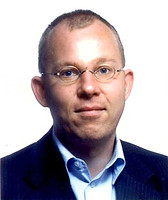
- Contact person: Durk Krol durk.krol@watereurope.eu
- Website: www.watereurope.eu
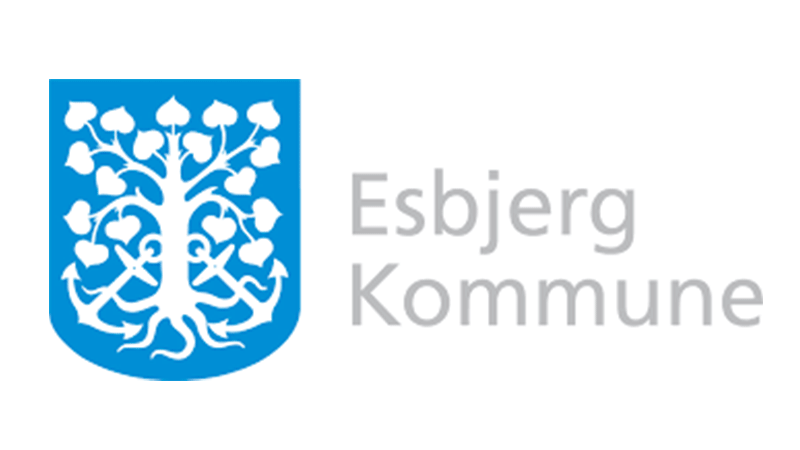
Esbjerg Municipality (EM)
Description: Municipality of Esbjerg is one of 98 municipalities of the Kingdom of Denmark and is organisational placed at third tier in a three-tier governmental system, which also include state level and regional level. In ARSIONOE Esbjerg will represent the four Danish Wadden Sea municipalities. The Wadden Sea Region is a transboundary region, which extends from Skallingen north of Esbjerg along the Danish, German and Dutch coastlines, covering a total of some 500 km. The Danish part of the Wadden Sea Region lies in the Region of Southern Denmark and connects the municipalities of Tønder, Varde, Fanø and Esbjerg, these covering a total of some 3.300 m. Esbjerg municipality consists of among others the harbour of Esbjerg and the old cultural heritage city of Ribe. The Port of Esbjerg is an international, multimodal transport centre and an important Scandinavian gateway to the whole world. More than 200 companies are located at the port, and 10,000 people work here. More than 4/5 of the current amount of offshore wind capacity installed in Europe was shipped out from the Port of Esbjerg. The cultural heritage of Ribe is the oldest city in Scandinavia, an important tourist city and defined by a system of rivers running out into the Wadden Sea. Parts of Esbjerg and Fanø have been designated under the EU Flood Directive and the city councils will adopt risk management plans by the end of Autumn 2021. Esbjerg and Varde municipalities have endorsed the DK2020 cooperation, a national concept for climate formulating up to date climate actions plans, based on the C40 concept. The action plan requirements include climate adaptation as well. Esbjerg Municipality has been a partner in the Interreg North Sea Region project, FAIR, finished by 2020. The overall objective of the FAIR project has been to reduce flood risk across the NSR by demonstrating climate change adaptation solutions to improve the performance of flood protection infrastructure. FAIR demonstrates improved approaches for cost-effective upgrading and maintenance, optimizing investments across nationalsystem- asset levels, as well as applying adaptive, innovative technical designs. Esbjerg hosts the secretariat of the Danish part of the Wadden Sea Forum.
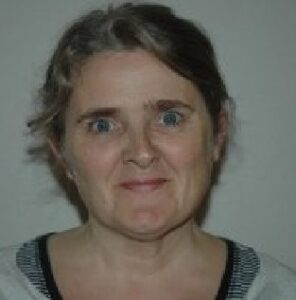
- Contact Person: Bodil Nielsen bor@esbjerg.dk
- Website: http://www.esbjergkommune.dk
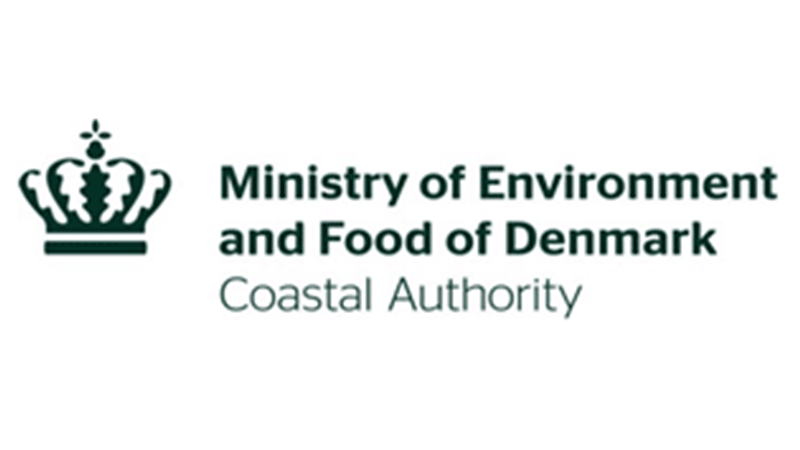
Danish Coastal Authority (DCA)
Description: The Danish Coastal Authority (Da.: Kystdirektoratet), DCA, is the official coastal government agency for all of Denmark’s 7.300 km of coastline, managing the governmental socio-economic interests within the field of coastal protection and adaptation. It is the relevant national advisor in relation to coastal protection and climate change adaptation to the Danish municipalities. Additionally, the DCA advises the national government and the Minister of Environment on all topics related to flood risk management and is responsible for the national implementation of the EU Floods Directive (FD). From its work in the first two plan periods of the Directive – from the appointment of risk areas to risk reduction plans being implemented by the involved municipalities, the DCA have gained much knowledge about hazard, vulnerability and risk mapping, and has also identified deficits in the scientific knowledge base for risk reduction, mitigation and adaptation as well as gained experience about gaps in the current data and tools etc. for decision support at all levels of governance. In particular, the need to address and present multiple hazards in the hydrological cycle, i.e., the combined vulnerability to floods from the sea, rivers, extreme precipitation, and groundwater in an integrated decision support system is imminent. Furthermore, the DCA proactively engages into capacity building and awareness raising efforts order to provide more sound pathways for long-term climate mitigation and adaptation with affected entities and citizens. Besides implementing the FD, DCA a.o. develops decision-making tools like a “Coastal Planner” to advance holistic and coherent approaches to coastal erosion and flood protection and management; publish extreme water level statistics (extreme value analysis); carry out R&D projects on coastal dynamics and short- and long-term change; climate impacts’ assessments and future management options; “soft measures” (Building with Nature); EO data and ML applications, and new measurement techniques to mention a few. Some project are carried out in a national context and others are executed e.g. in European collaboration through Interreg co-funding. Regulatory tasks concerning coastal protection and the state territorial waters are carried out by means of analyses, project planning, construction, operation, and warning. These tasks are completed in broad-based cooperation with many different stakeholders from all over Denmark. The DCA thus holds a long record of experience in inter- and transdisciplinary work involving many actors across sectors and levels of government.
- Contact Person: Carlo Srensen cas@kyst.dk
- Website: http://www.kyst.dk
